Approval says: Be who I need you to be.
Love says: I’ll meet you where you are.
Approval Is Earned. Love Is Given.
Let’s be honest: Most of us were taught to confuse approval with love from a young age. Approval looks like praise when we’re doing “well,” affection when we’re convenient, validation when we fit the mold. But the moment we deviate—by having a need, an emotion, or an opinion—we feel it slip away.
Approval is inherently transactional. It’s conditional on behavior, mood, and perception. Love, in its truest form, is constant and stable. It makes space for your full humanity. It doesn’t vanish when you’re not agreeable, productive, or perfect.
So if you find yourself working endlessly to be good enough for someone’s affection, you’re not in love. You’re stuck in a loop of performance.
Where This Starts: Childhood and Conditional Love
You weren’t born chasing approval—you learned to. And that learning often begins at home.
If you received warmth only when you were obedient…
If you got praised for being quiet but punished for crying…
If your worth was tied to your achievements or helpfulness…
…then you may have internalized the belief: “Love is something I have to earn.”
This is not your fault. As kids, we will do anything for connection, even if it means abandoning our own emotions. Over time, you learned that approval kept you safe. And your nervous system decided that love = approval = survival.
As an adult, this becomes your template for intimacy.
Signs You’re Seeking Approval, Not Love
It can be subtle, but here are key patterns that show up when approval has replaced love:
- You feel anxious when someone pulls away, even slightly
- You say “yes” when you mean “no”
- You fear conflict, even over small things
- You downplay your needs to avoid being a burden
- You constantly ask yourself, “Did I mess this up?”
- You overanalyze texts, tone, or silence
- You only feel “loved” when you’re performing or giving
This approval addiction leads to burnout—emotional, relational, and sometimes physical. It’s not sustainable. And it’s not love.
How the Body Reacts to Conditional Connection
Approval-seeking is not just psychological—it’s physiological. When you’re constantly in “earning” mode, your nervous system is in a low-grade fight-or-flight state. You feel on edge, even if nothing is “wrong.”
You may find it hard to relax even in calm moments, because calm doesn’t feel familiar. This can manifest as:
- Insomnia or poor sleep
- Digestive issues
- Muscle tension
- Chronic fatigue
- Overthinking
- Difficulty being present
You can’t receive love if your body is always bracing for rejection.
When Someone Loves You, You Don’t Have to Hustle
Here’s the truth you might’ve never been told:
Real love doesn’t need convincing.
You won’t need to explain your worth.
You won’t be loved only when you’re at your best.
You won’t feel invisible when you set a boundary.
You won’t have to work overtime for basic care and attention.
Love holds you—even when you’re messy, struggling, or unsure.
The moment you realize this is the moment your healing begins.
Why Approval Feels Safer Than Love
Ironically, approval often feels safer than love—because it’s predictable. You know the rules: behave, please, perform.
Love, however, requires vulnerability. You have to let yourself be seen, with no guarantee of how the other person will respond.
That’s terrifying if you’ve been rejected for your truth in the past.
But here’s what’s even scarier: staying stuck in relationships where you are only conditionally accepted. That emotional hunger? That ache for more? It’s not neediness—it’s truth trying to surface.
Love Without Approval: What It Actually Looks Like
Healthy, unconditional love in real terms looks like:
- Being able to disagree without fear of abandonment
- Receiving care on your hard days, not just your good ones
- Feeling emotionally safe, even when you’re vulnerable
- Being loved without a checklist of behavior
- Being seen, heard, and respected, not just managed
You don’t have to be “easy” to be worthy of consistent love.
How to Begin Rewiring the Pattern
Rewiring your internal belief system doesn’t happen overnight, but it is possible. Here are steps to begin:
Awareness Is the First Act of Freedom
Notice your triggers. When do you start people-pleasing? What makes you anxious in connection?
Reparent the Inner Child Who Had to Earn Love
Talk to your younger self. Literally. Say, “You don’t have to perform for me. You’re safe with me now.”
Learn the Language of Boundaries
Start with low-risk relationships. Practice saying no. Let discomfort come—and pass.
Explore Secure Relationships
They exist. Seek them. Name them. Let them feel boring at first. That’s peace, not disinterest.
See a Trauma-Informed Therapist
This is deep work. You don’t have to do it alone. Jaci is our trauma expert. Schedule here.
You’re Not Broken—You’re Learning
End the myth that you’re hard to love. You’re not.
You’re just accustomed to relationships where you had to work to be seen. You mistook conditional affection for love because it’s what your nervous system was trained to expect.
But love that makes you feel like a burden isn’t love. It’s a transaction.
You are not a transaction. You are a whole person, worthy of connection that doesn’t come with terms and conditions.
From Performance to Peace
The journey from approval to love is really a journey back to yourself.
When you no longer need to prove your worth to anyone—when you can sit in your own presence and say “I am enough”—that’s the beginning of true connection.
So if you’re tired of earning, performing, chasing—rest. That’s your signal. That’s your medicine. That’s your return.
The love you’ve been looking for?
It doesn’t need to be earned.
It needs to be remembered.
StopAuditioning, #AuthenticConnection, #UnconditionalLove, #TraumaInformedHealing, #SelfWorth, #PeoplePleaserRecovery, #LoveWithoutConditions, #ApprovalVsLove, #EmotionalSafety, #RelationshipHealing, #InnerChildWork, #YouAreEnough, #NervousSystemHealing, #BoundariesAreLove, #AttachmentHealing, #SecureLove, #LoveWithoutPerformance, #HealingJourney, #MentalHealthAwareness, #ReparentingYourself








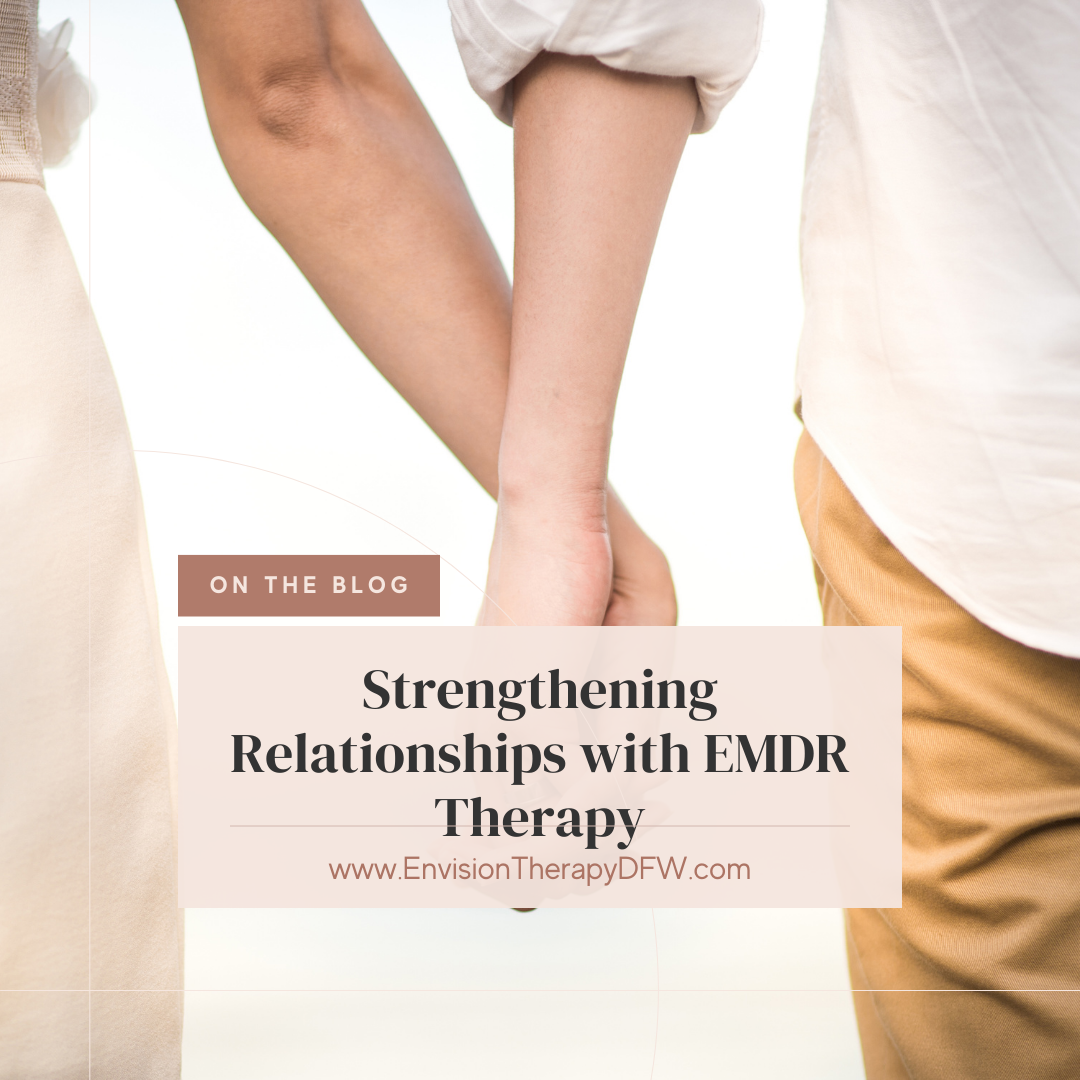
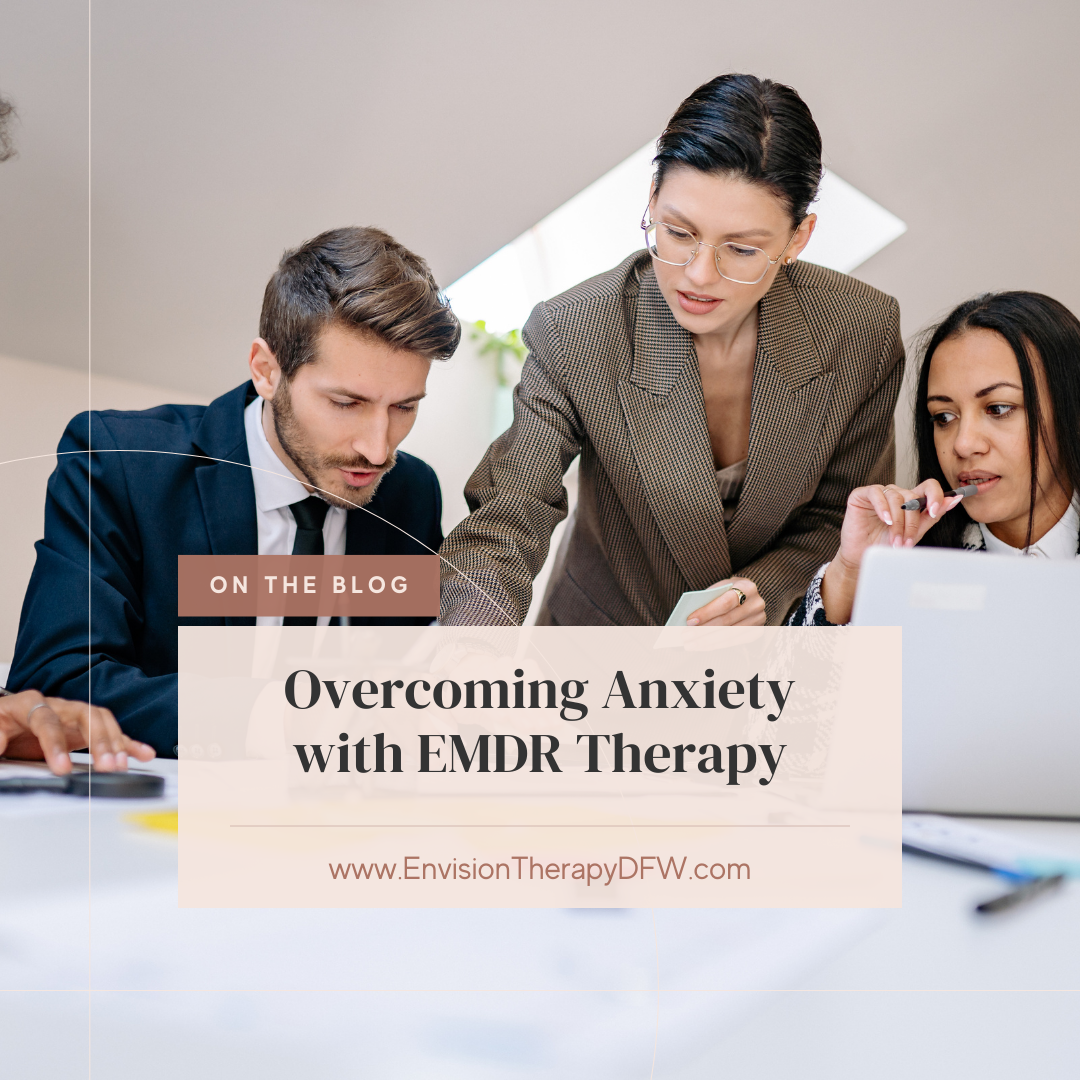
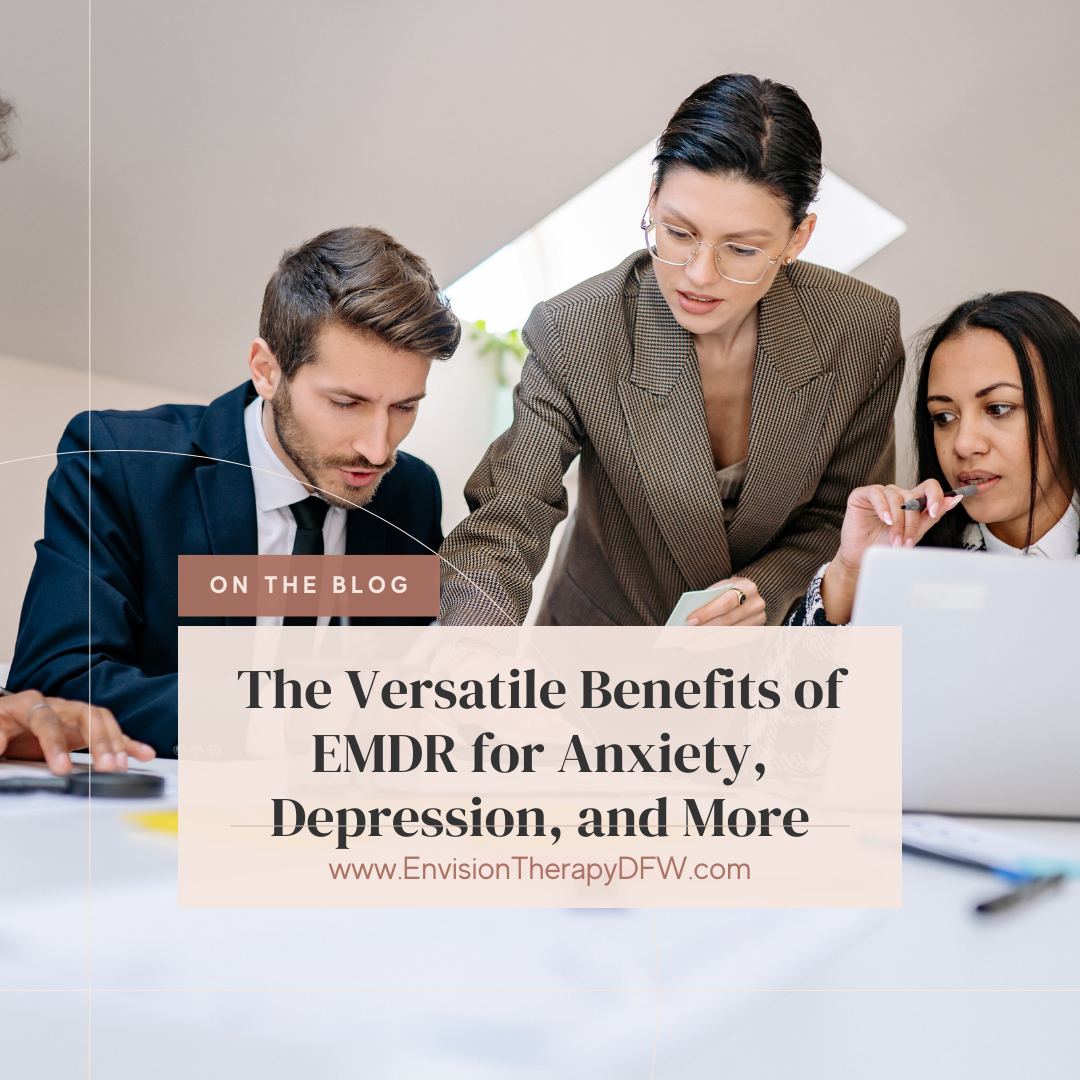





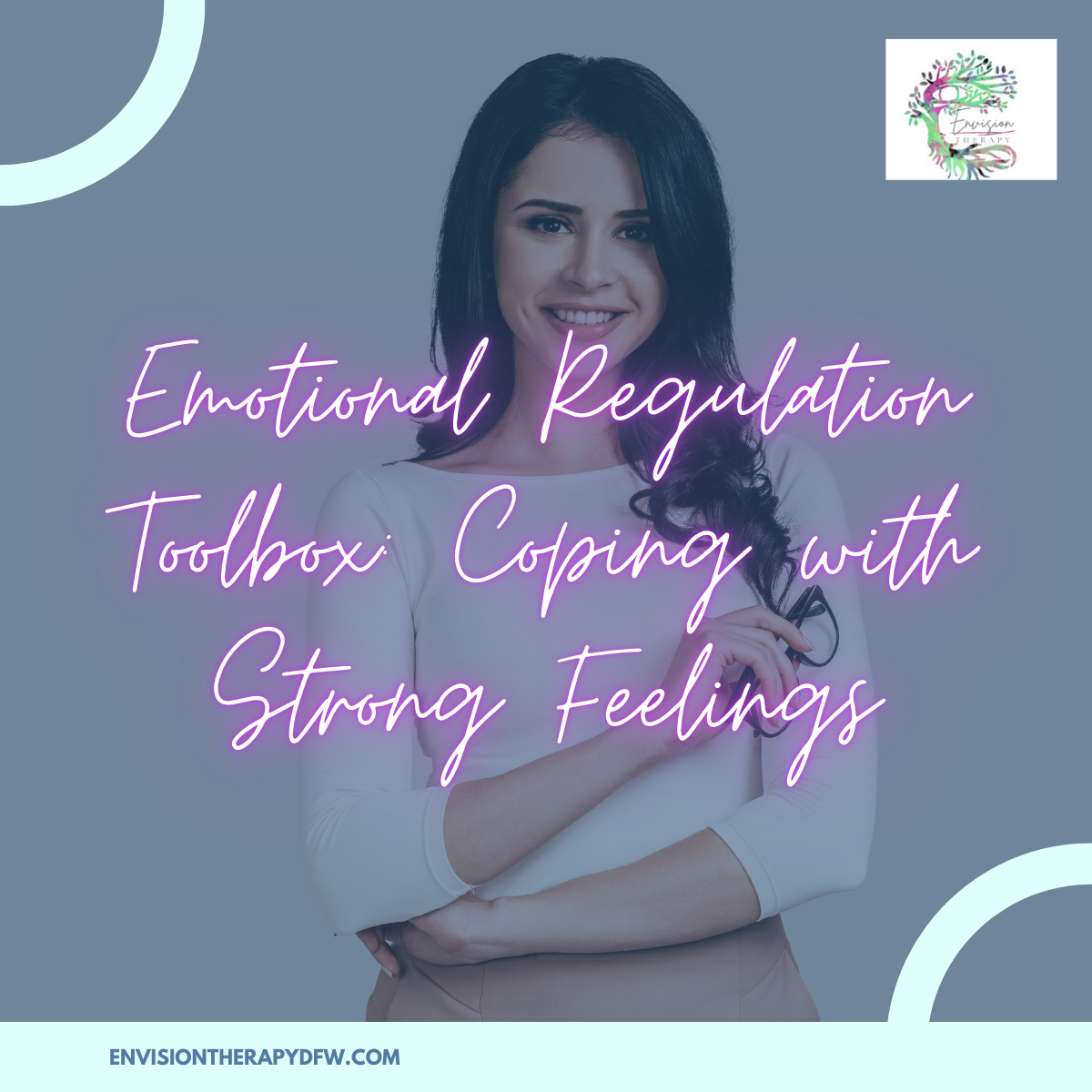
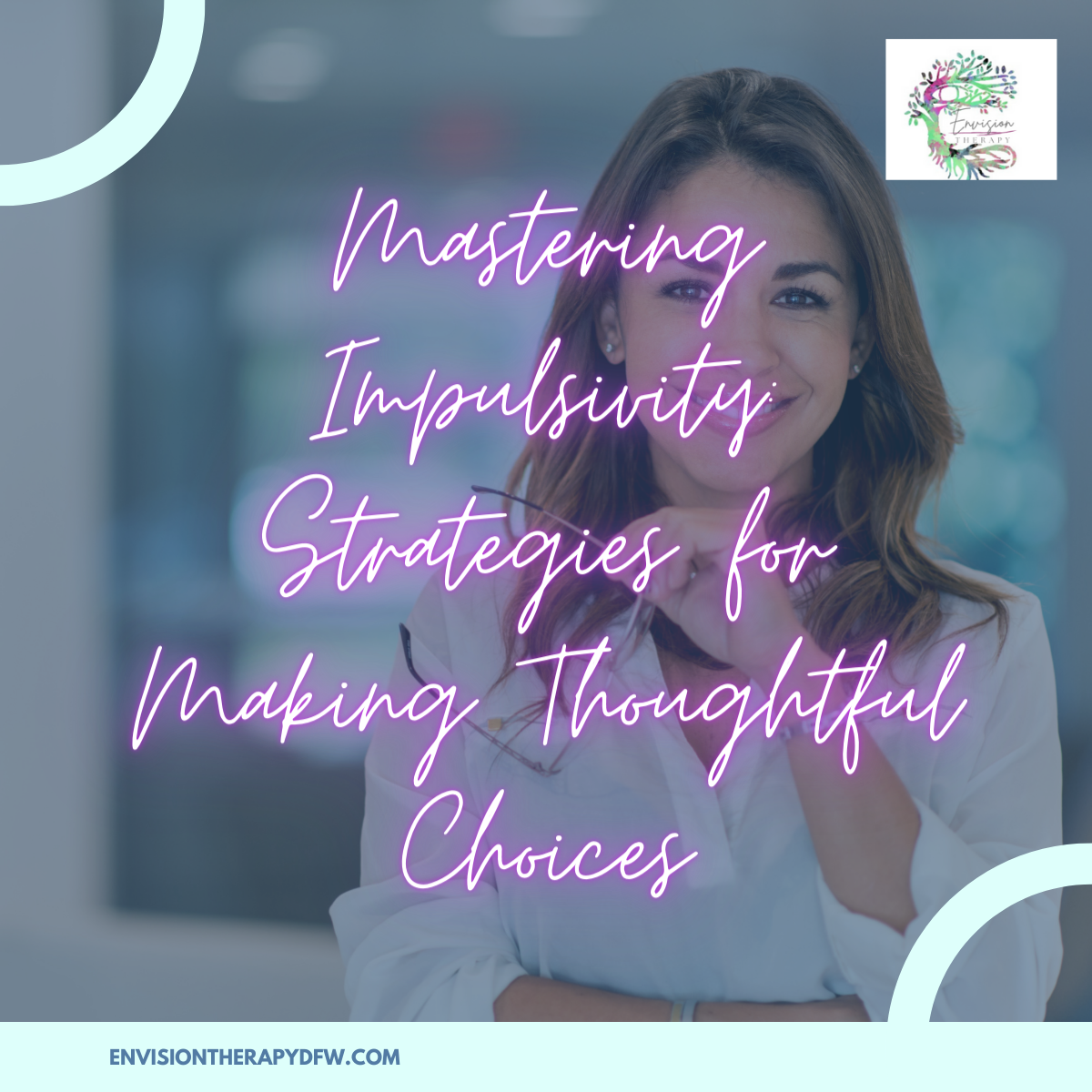
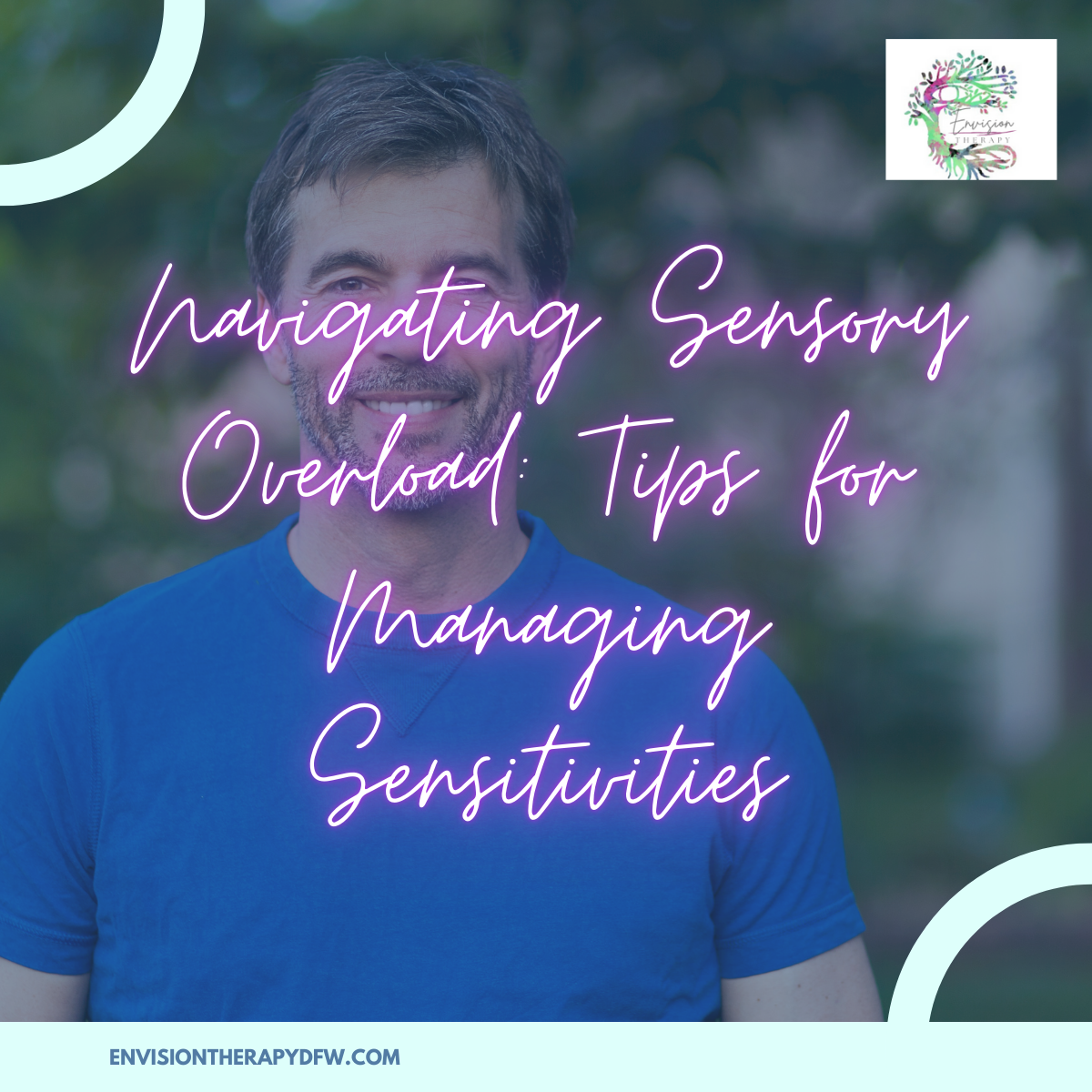

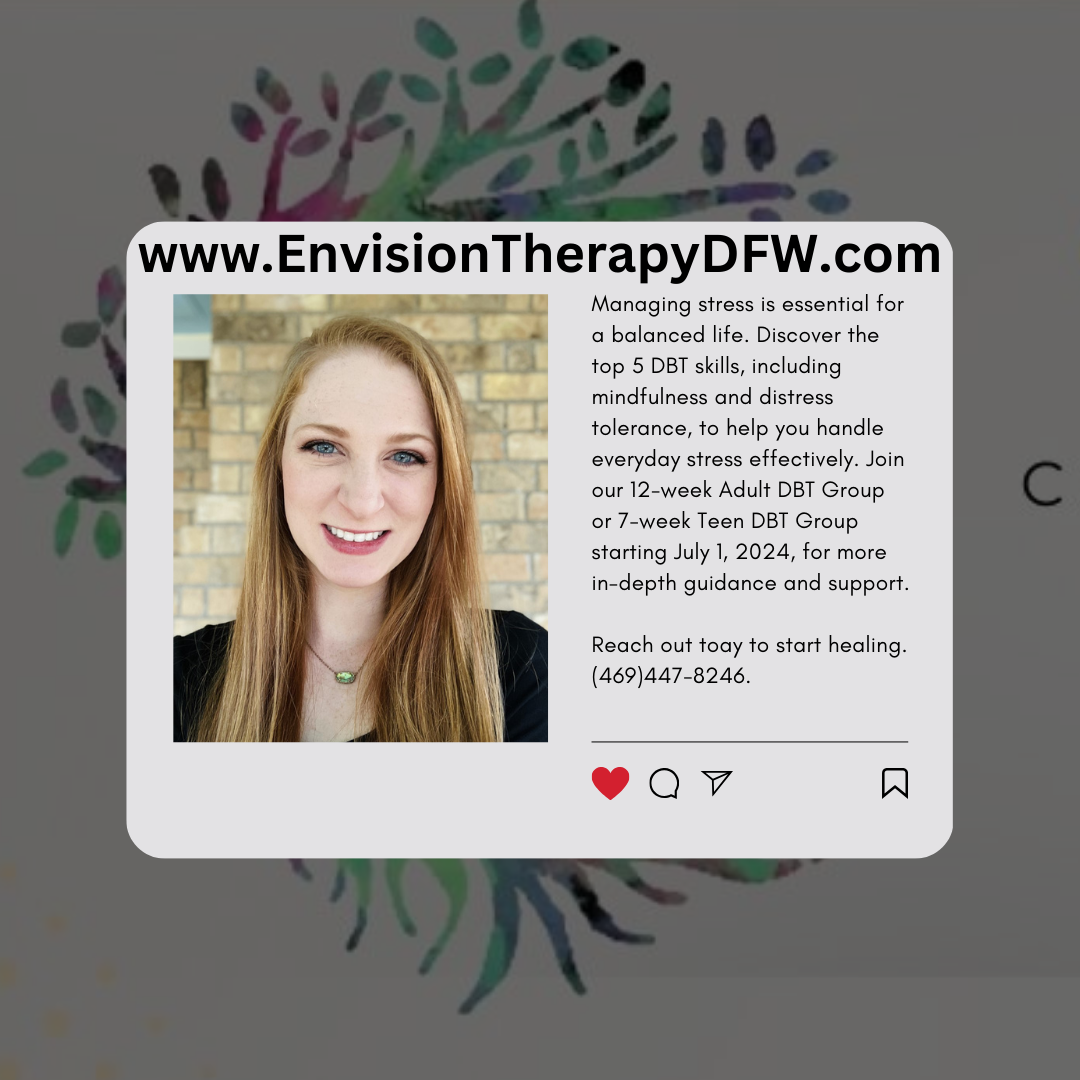
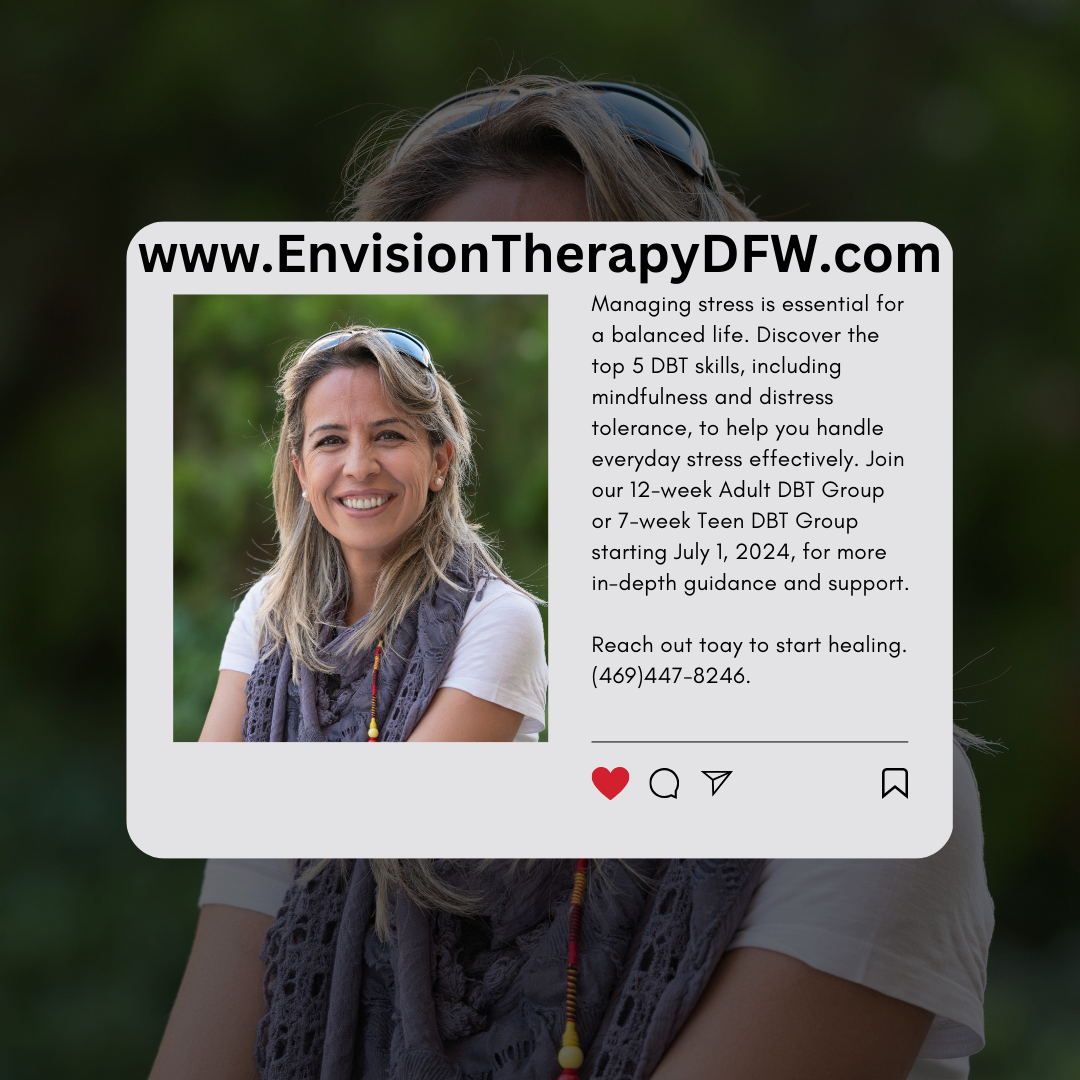
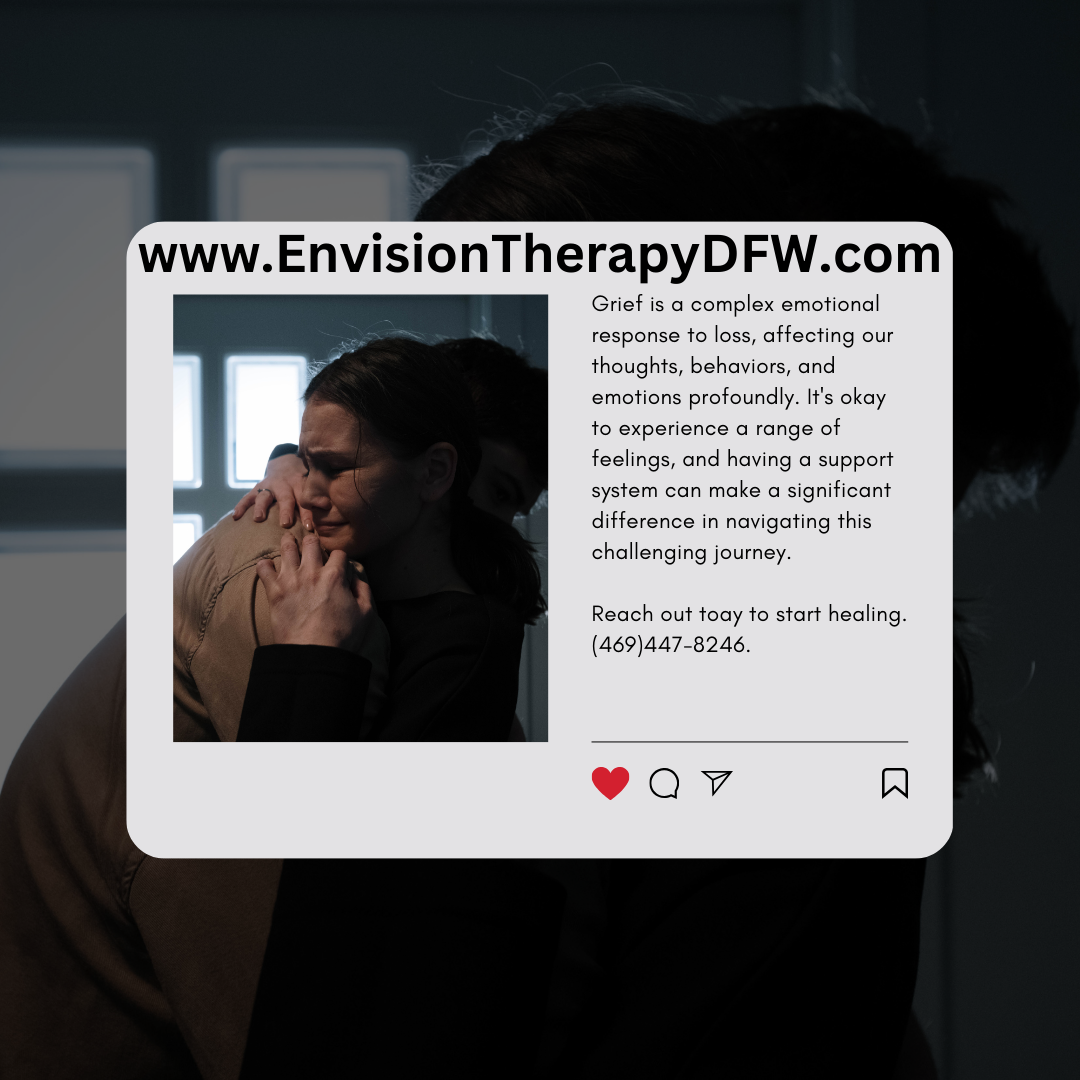
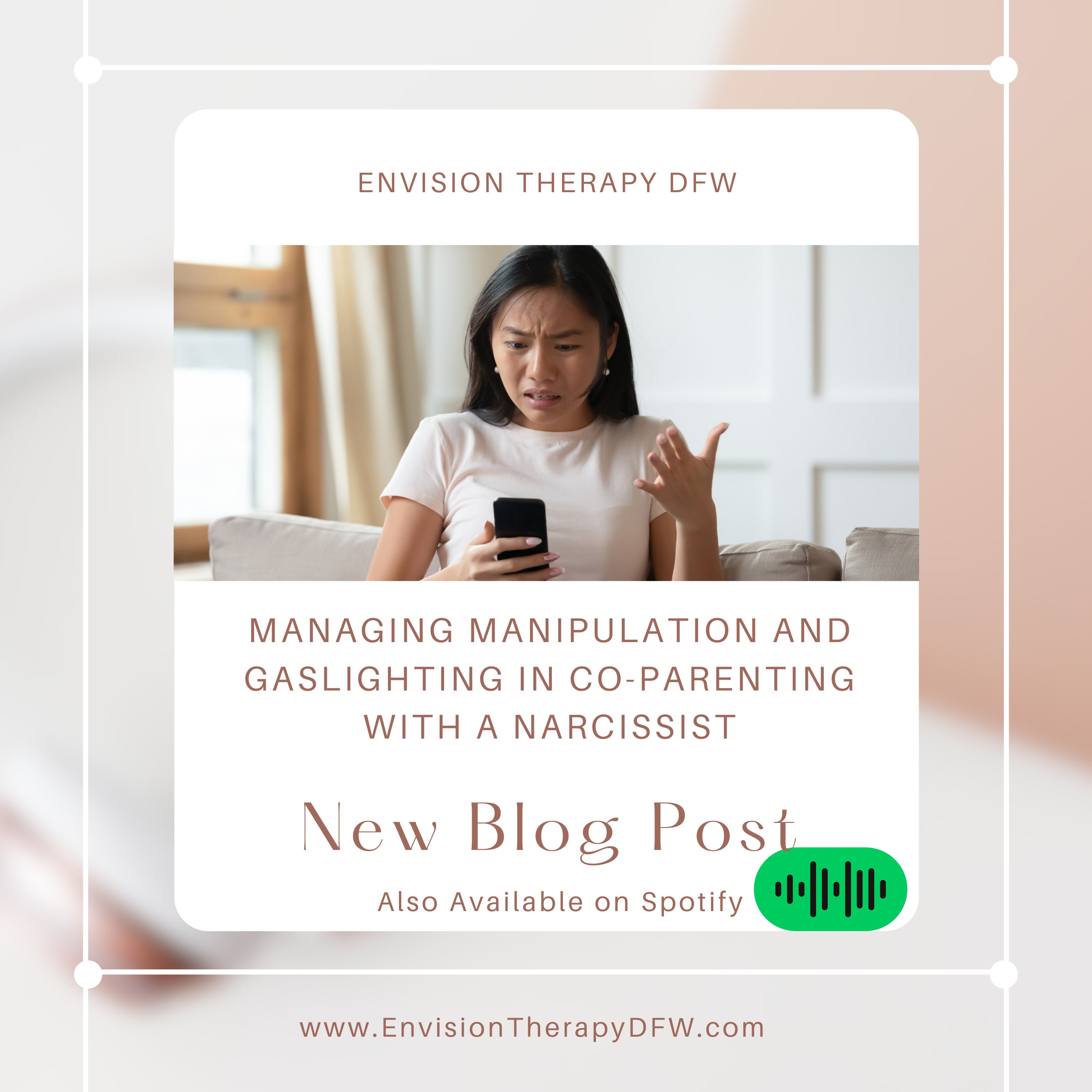
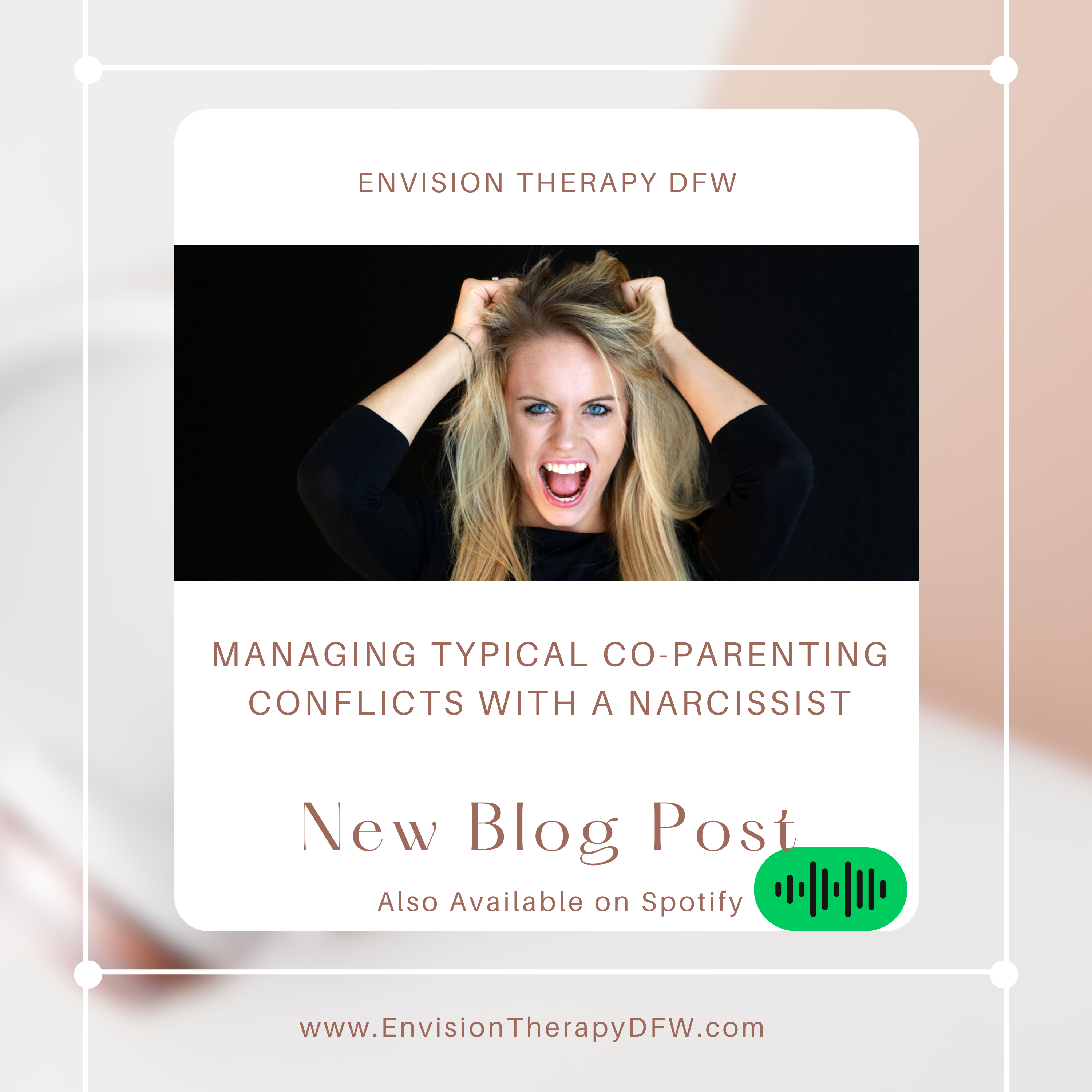
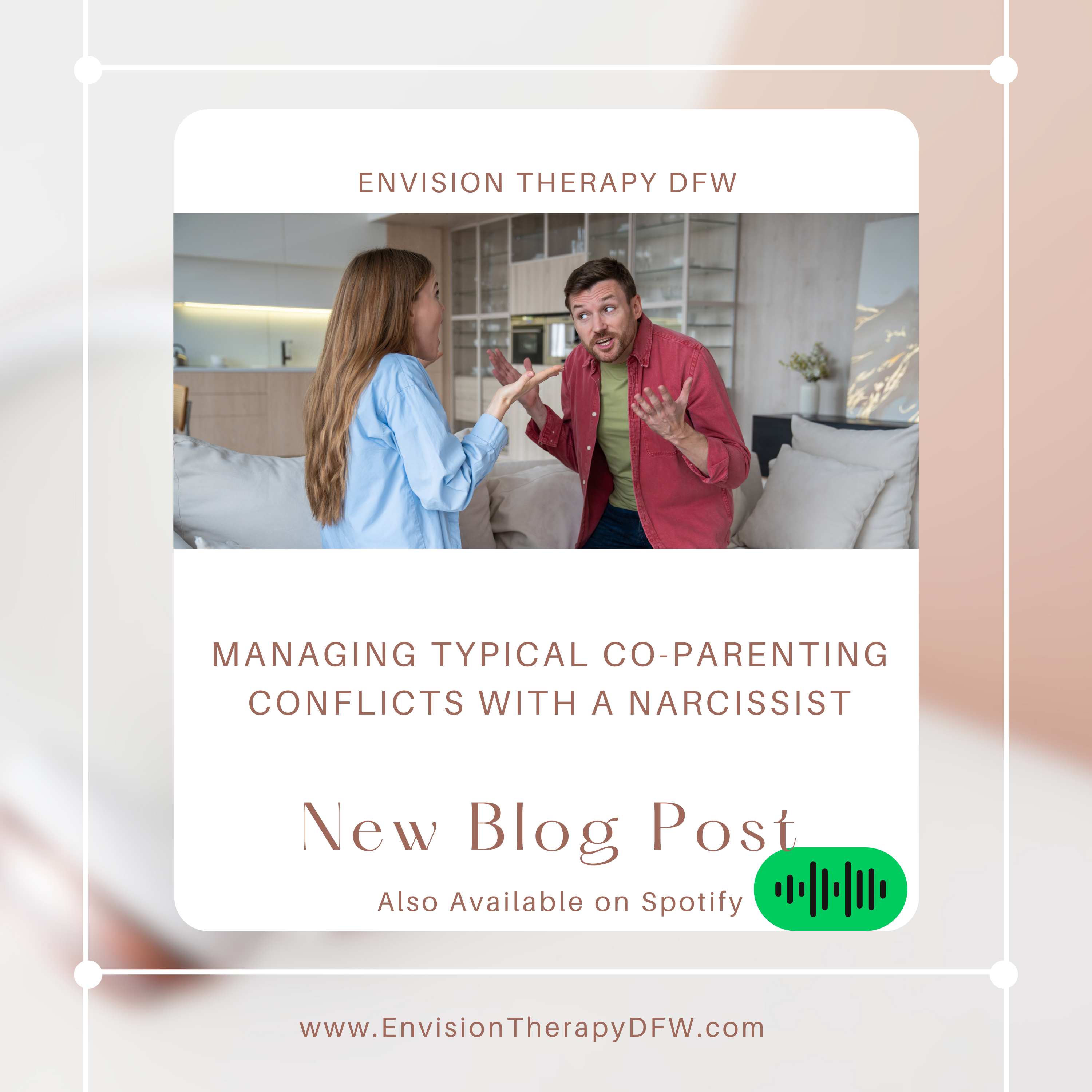
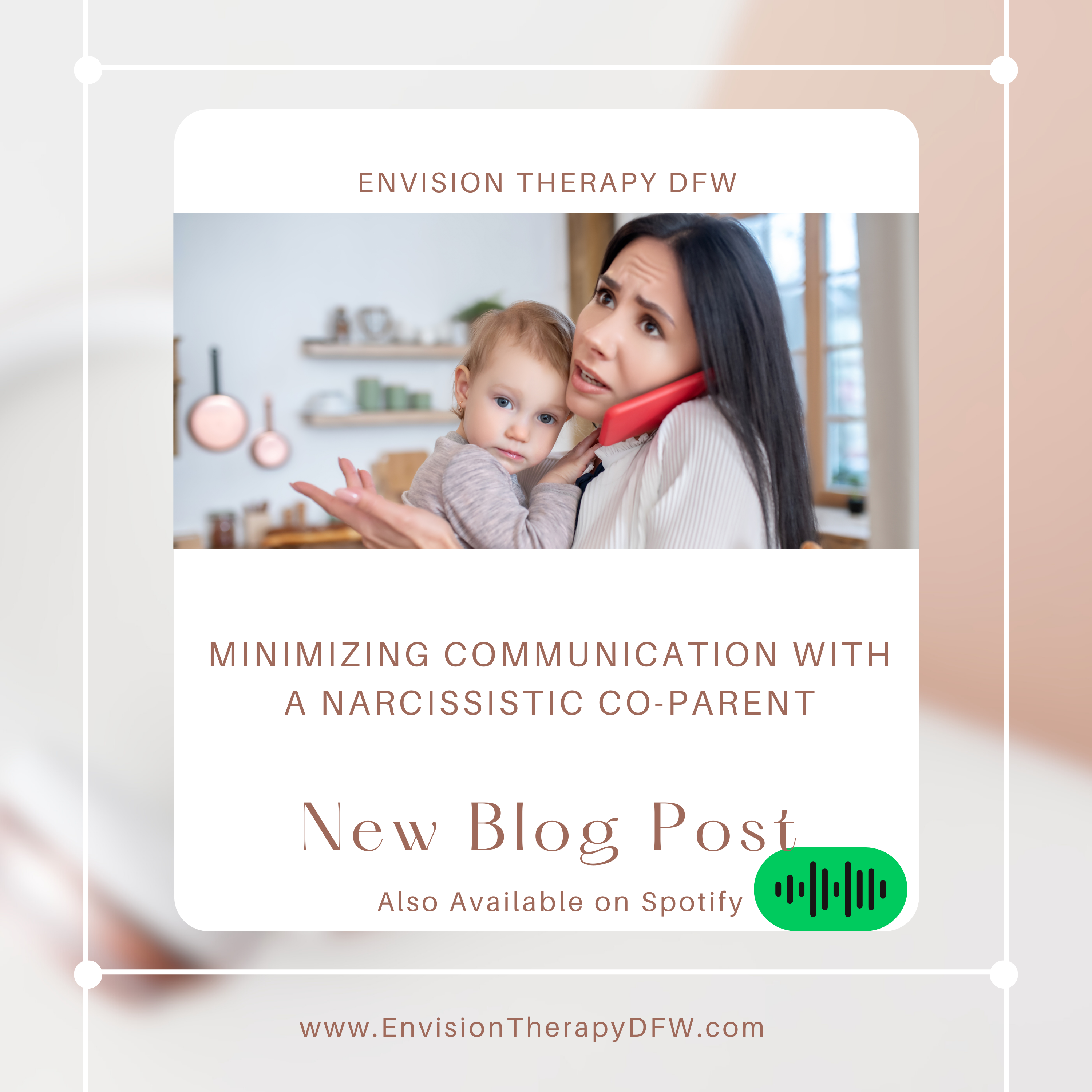
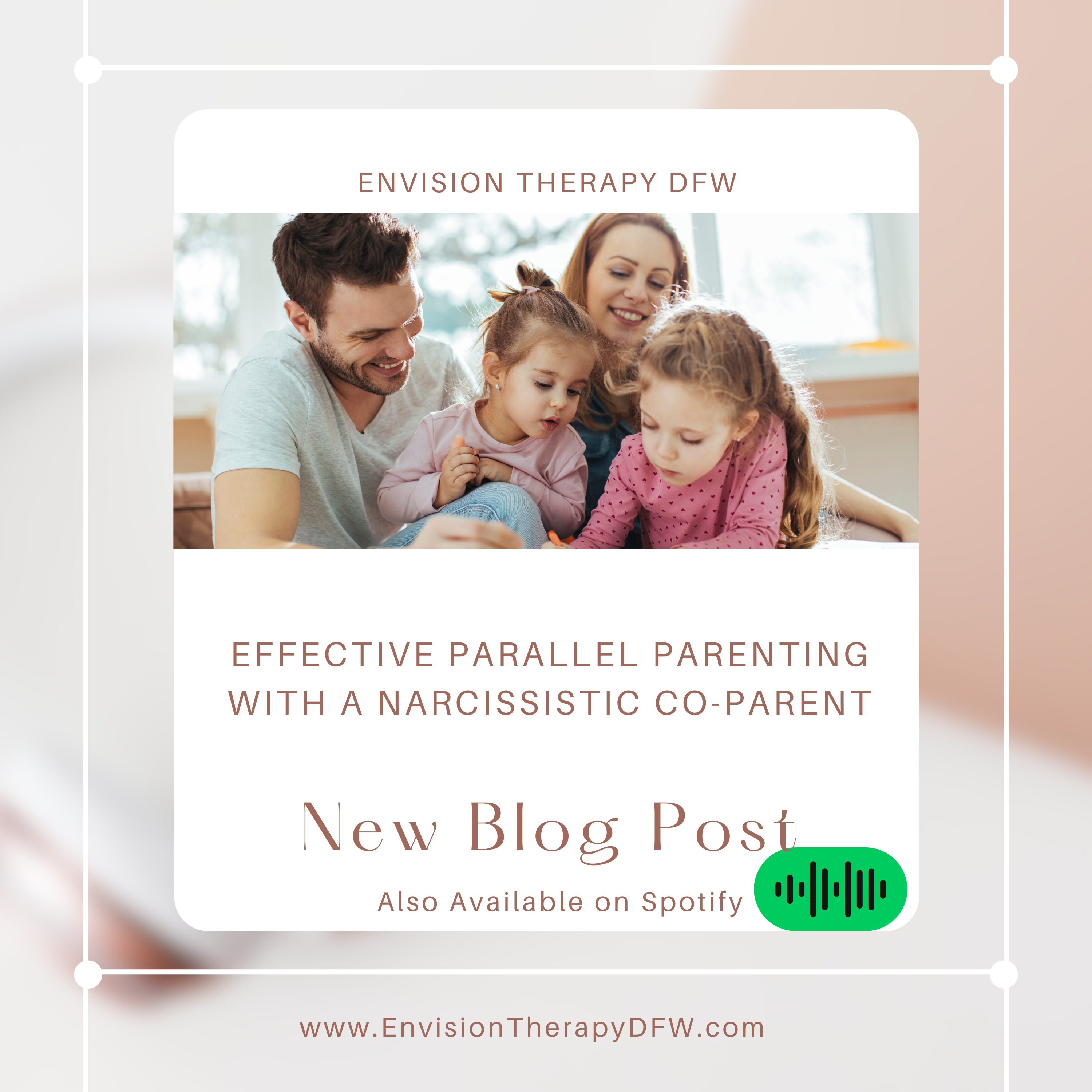
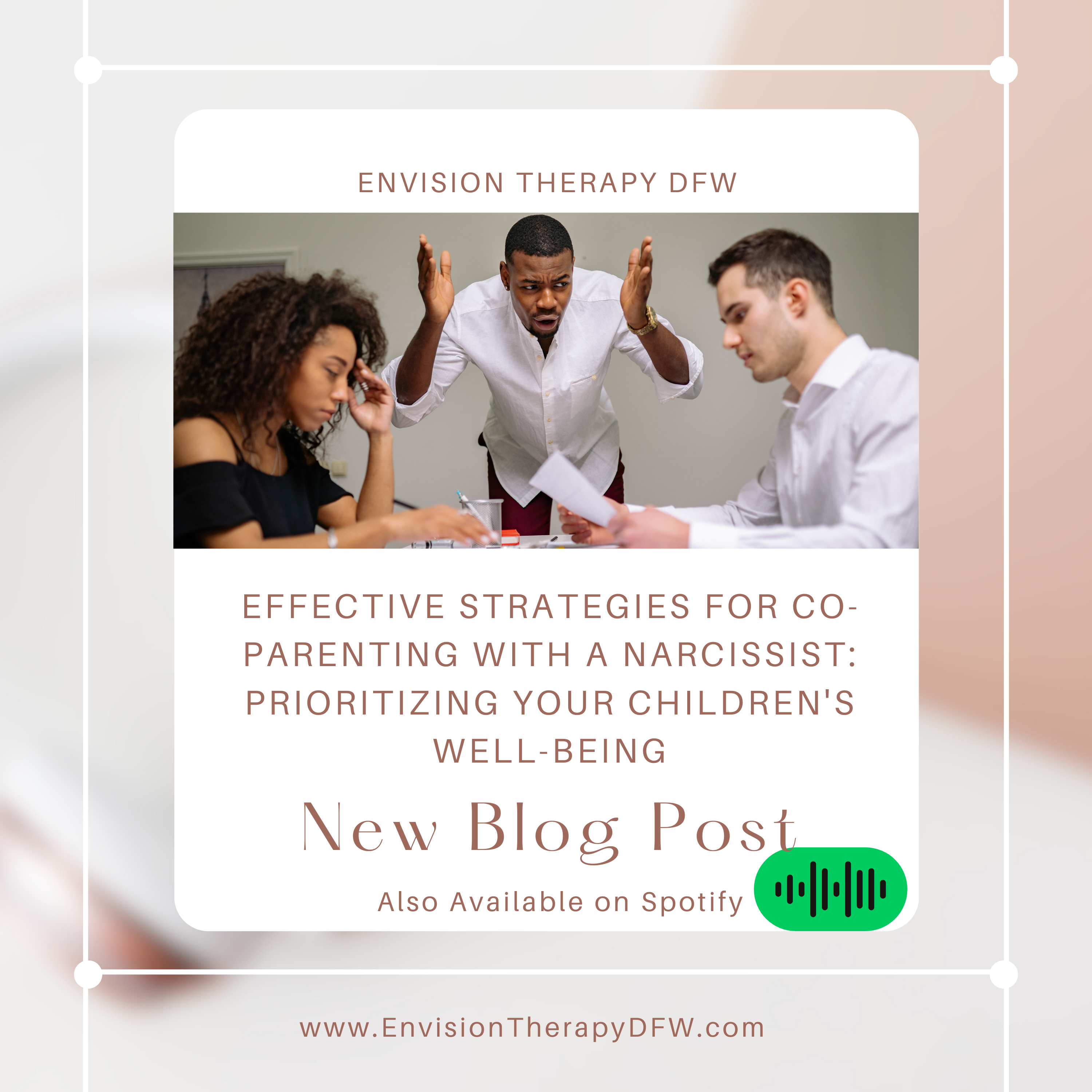
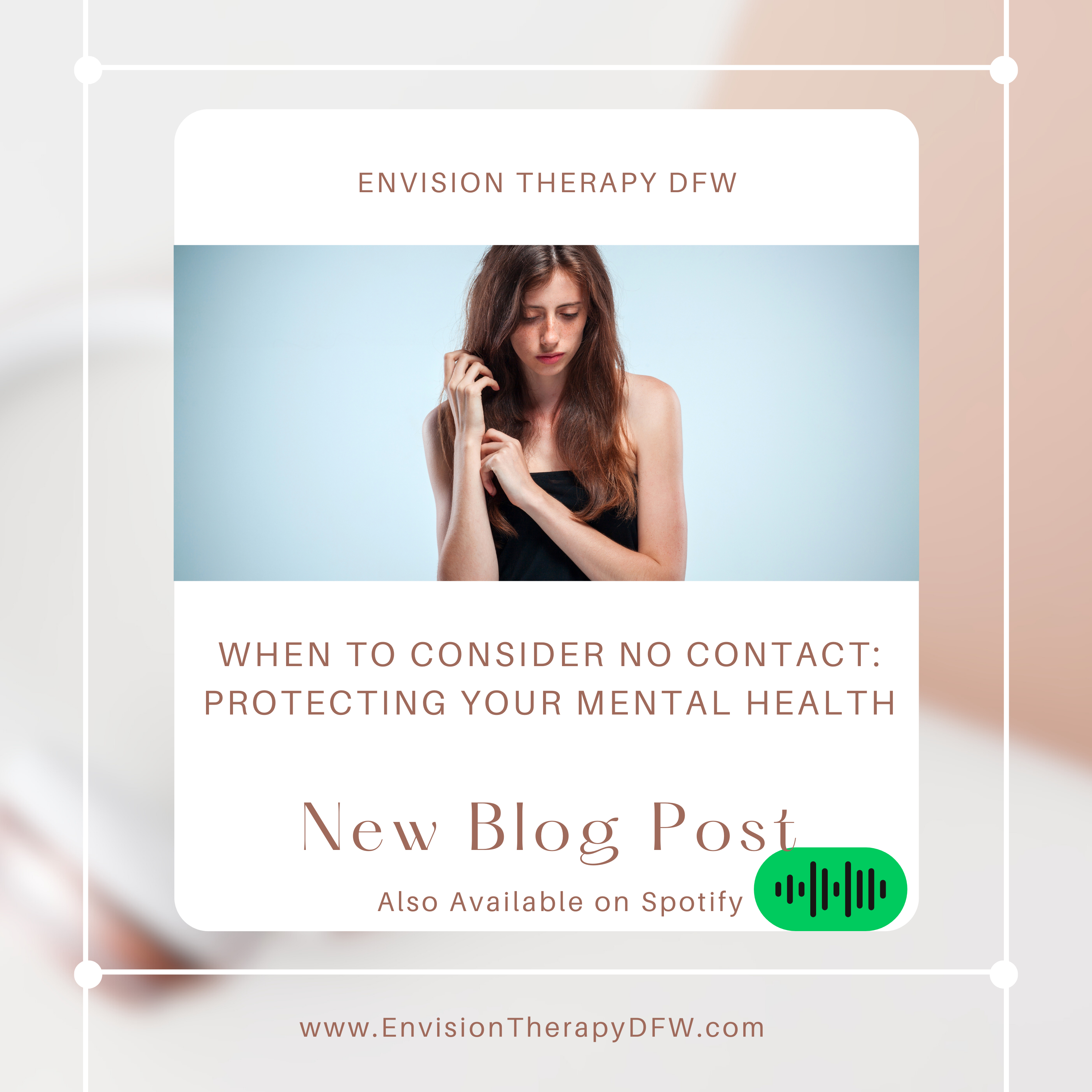
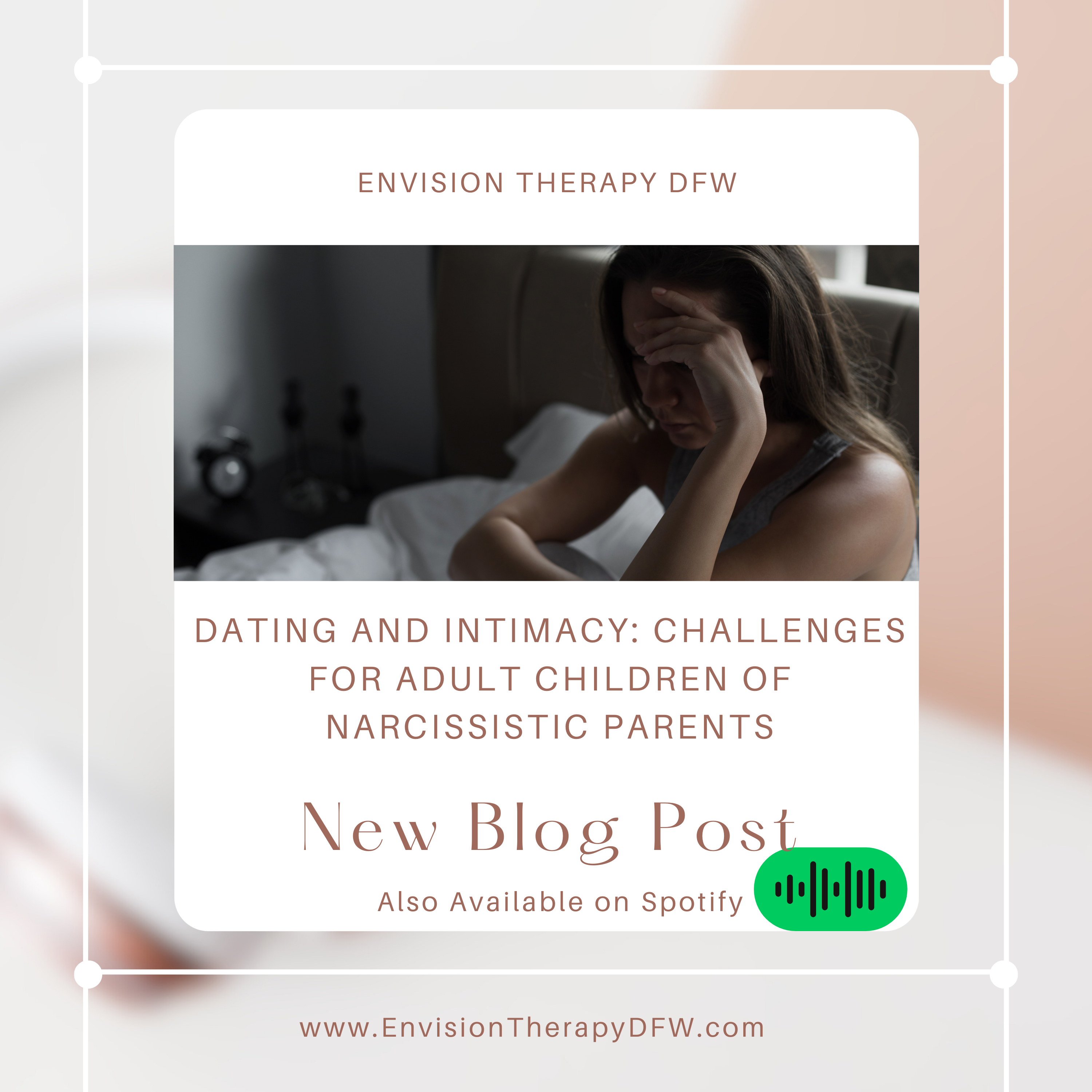
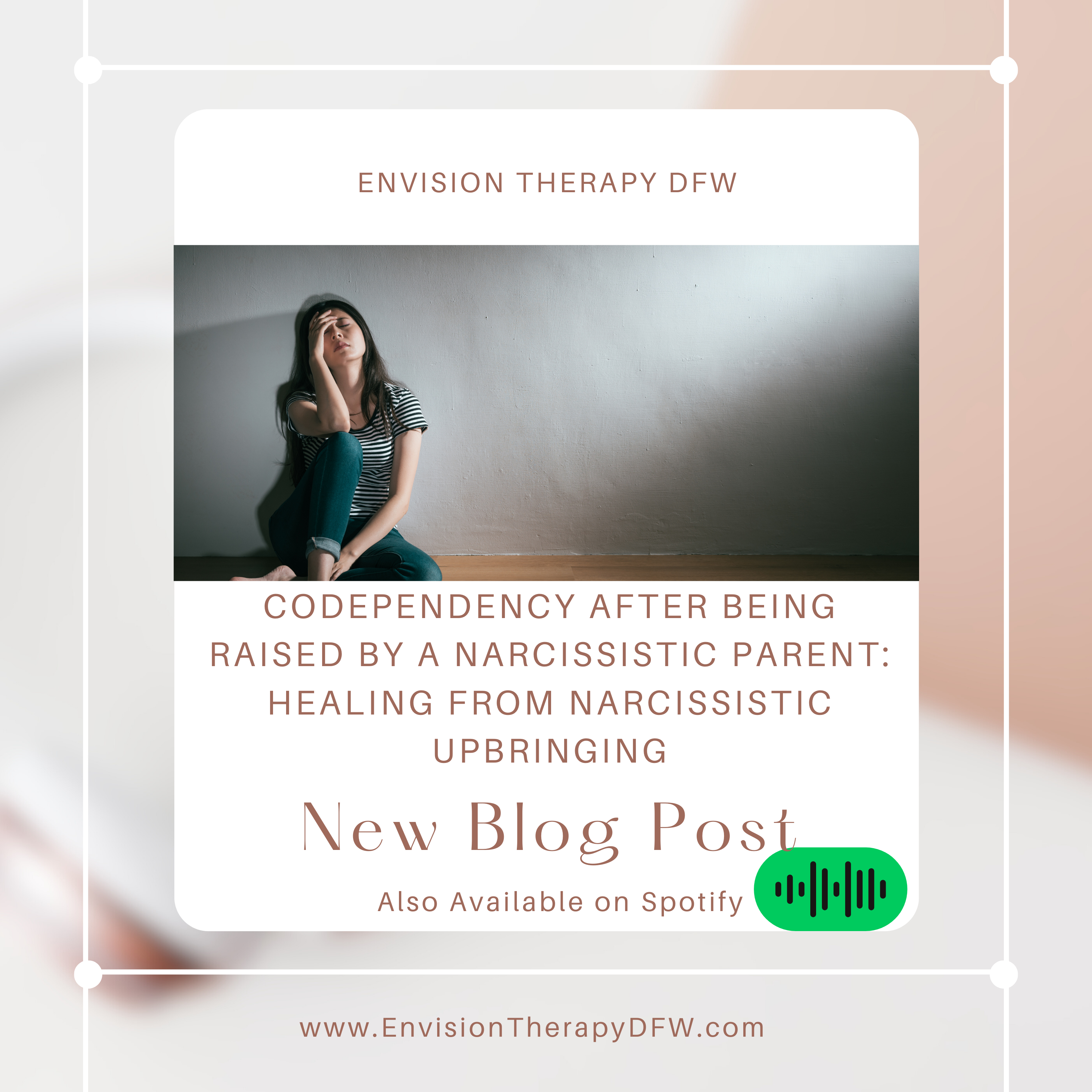
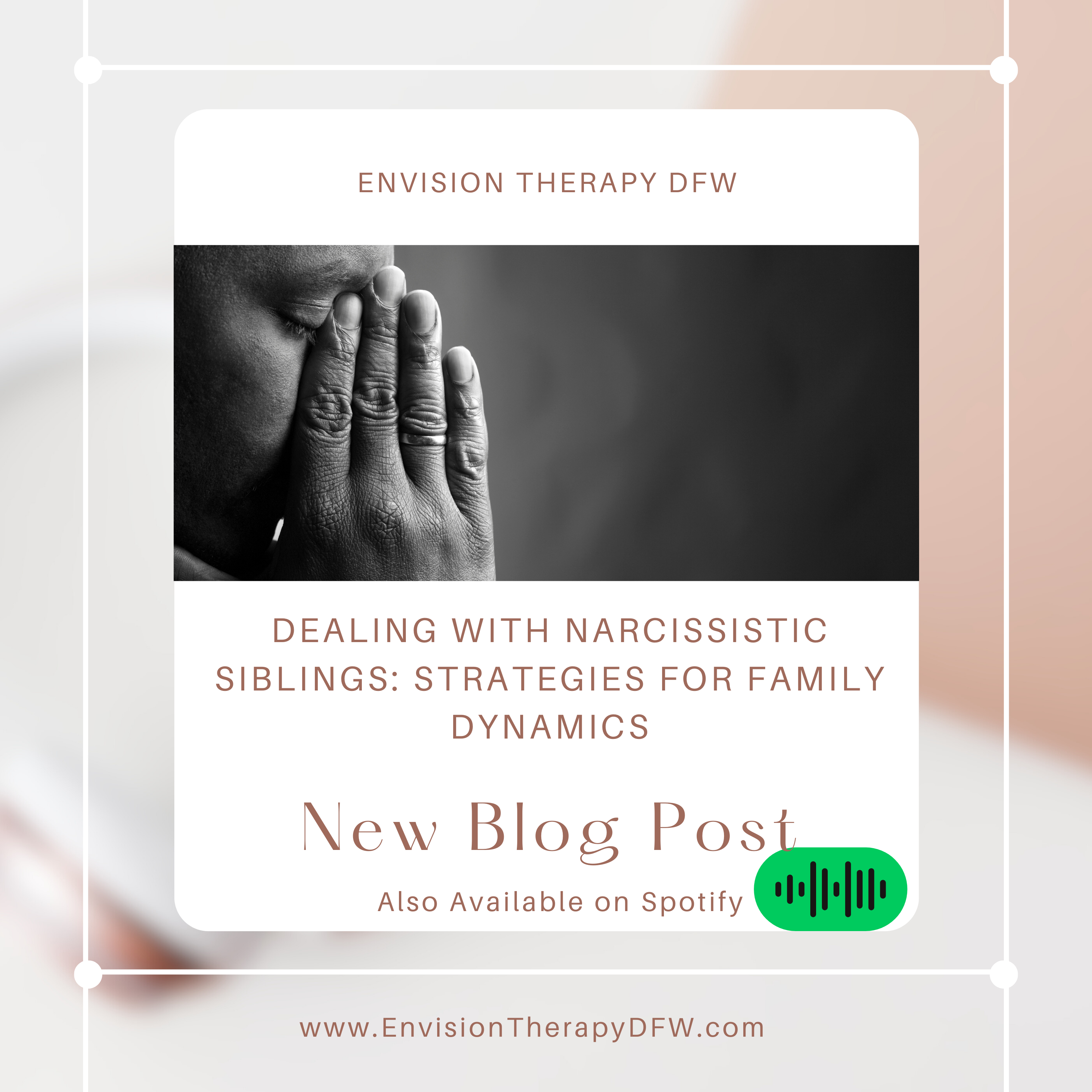

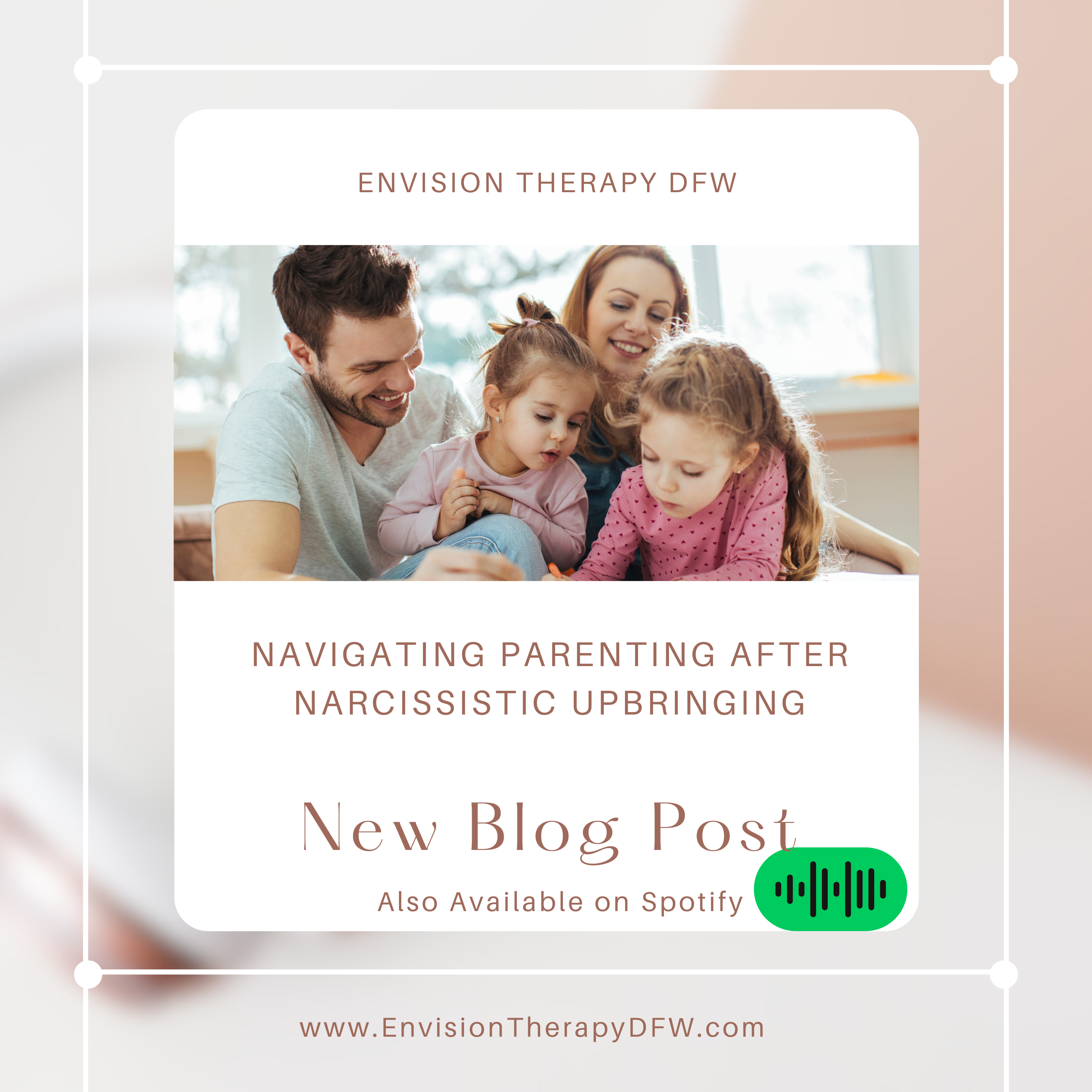
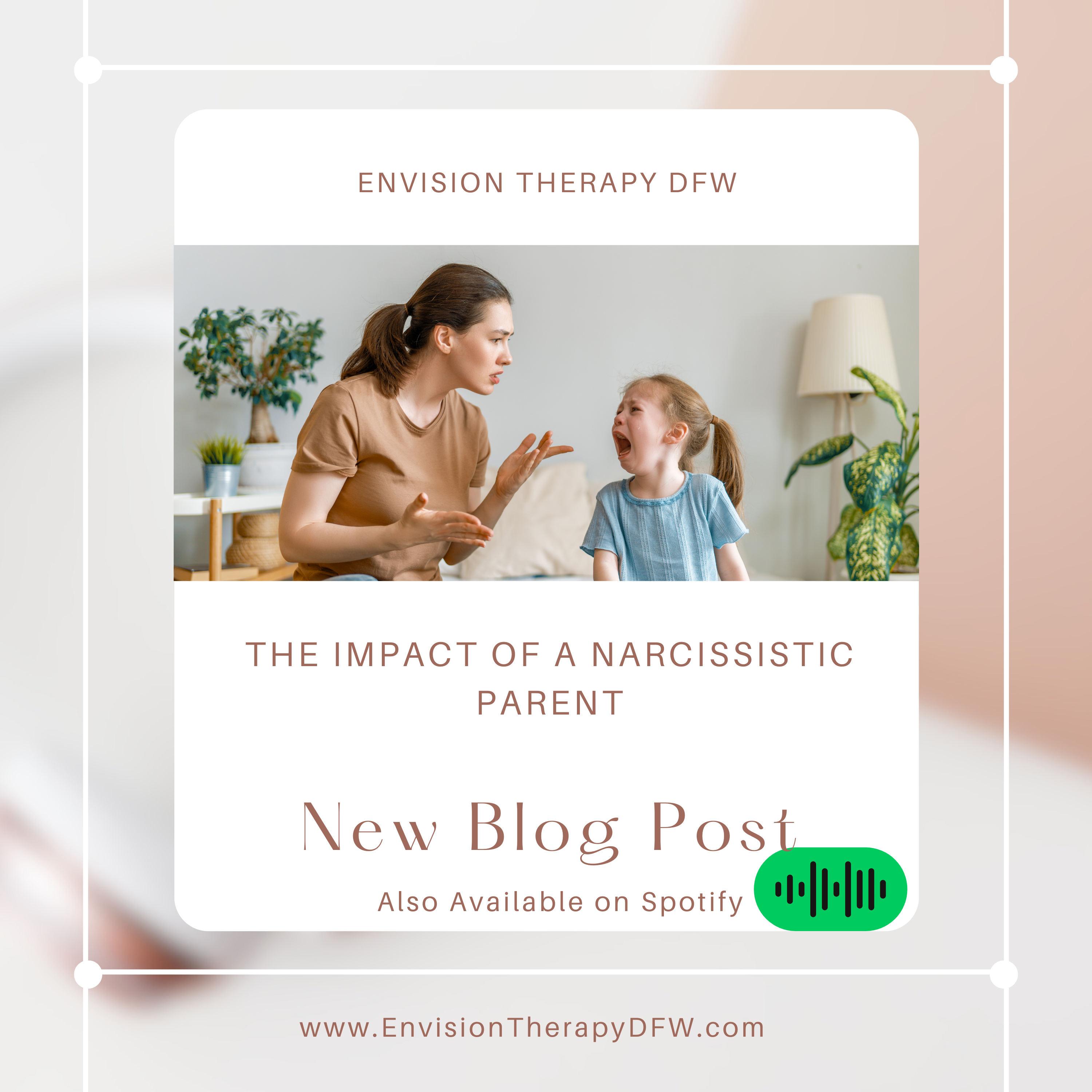
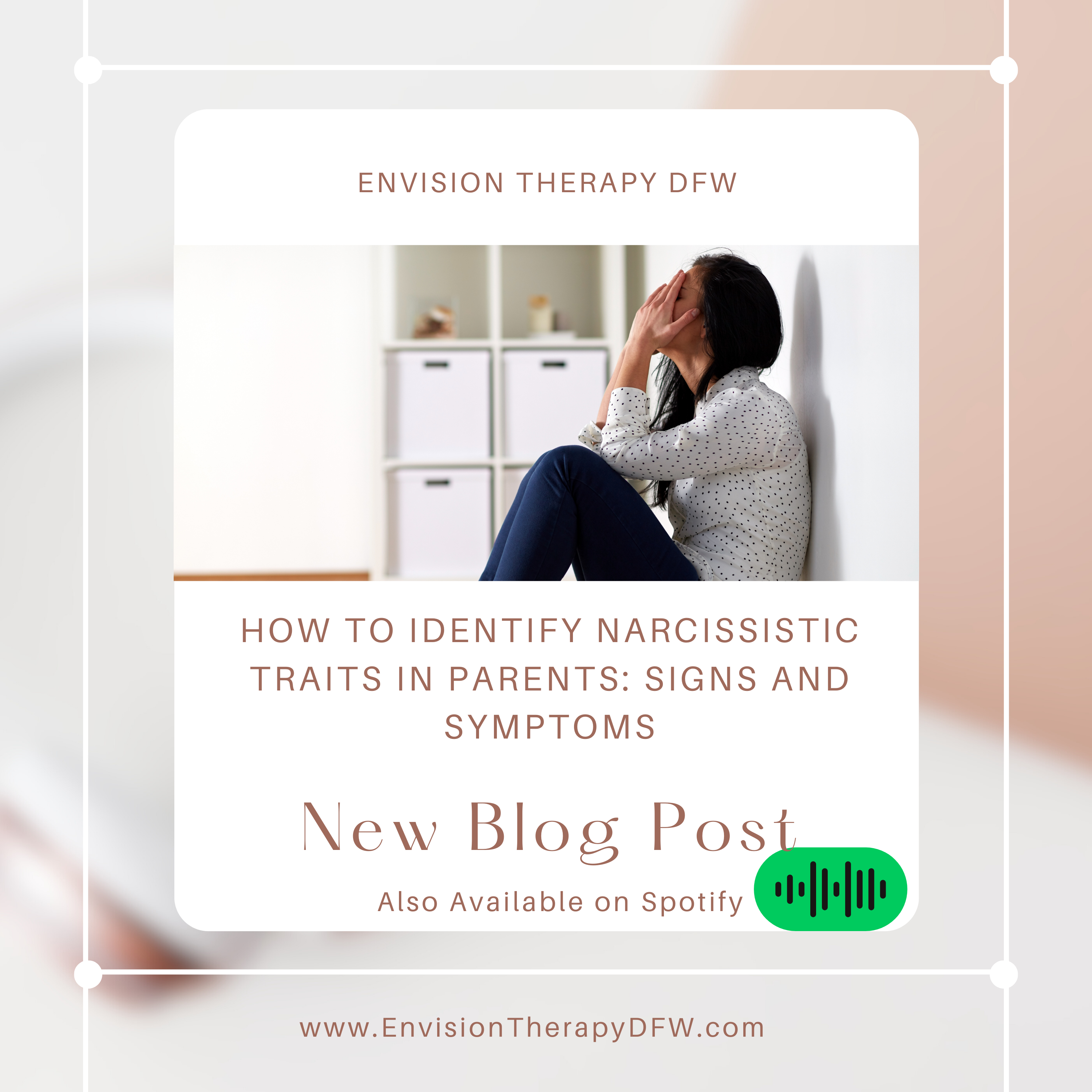
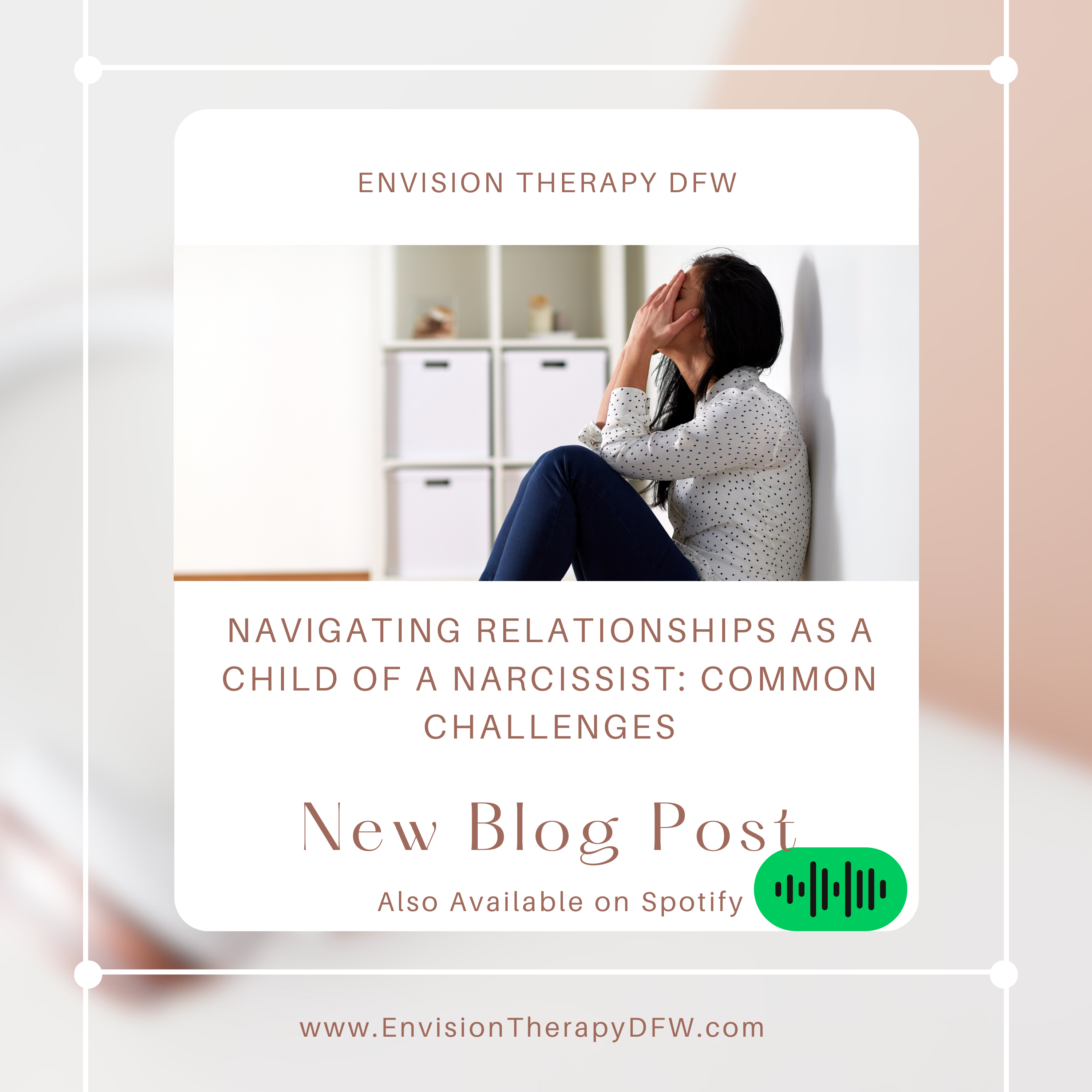

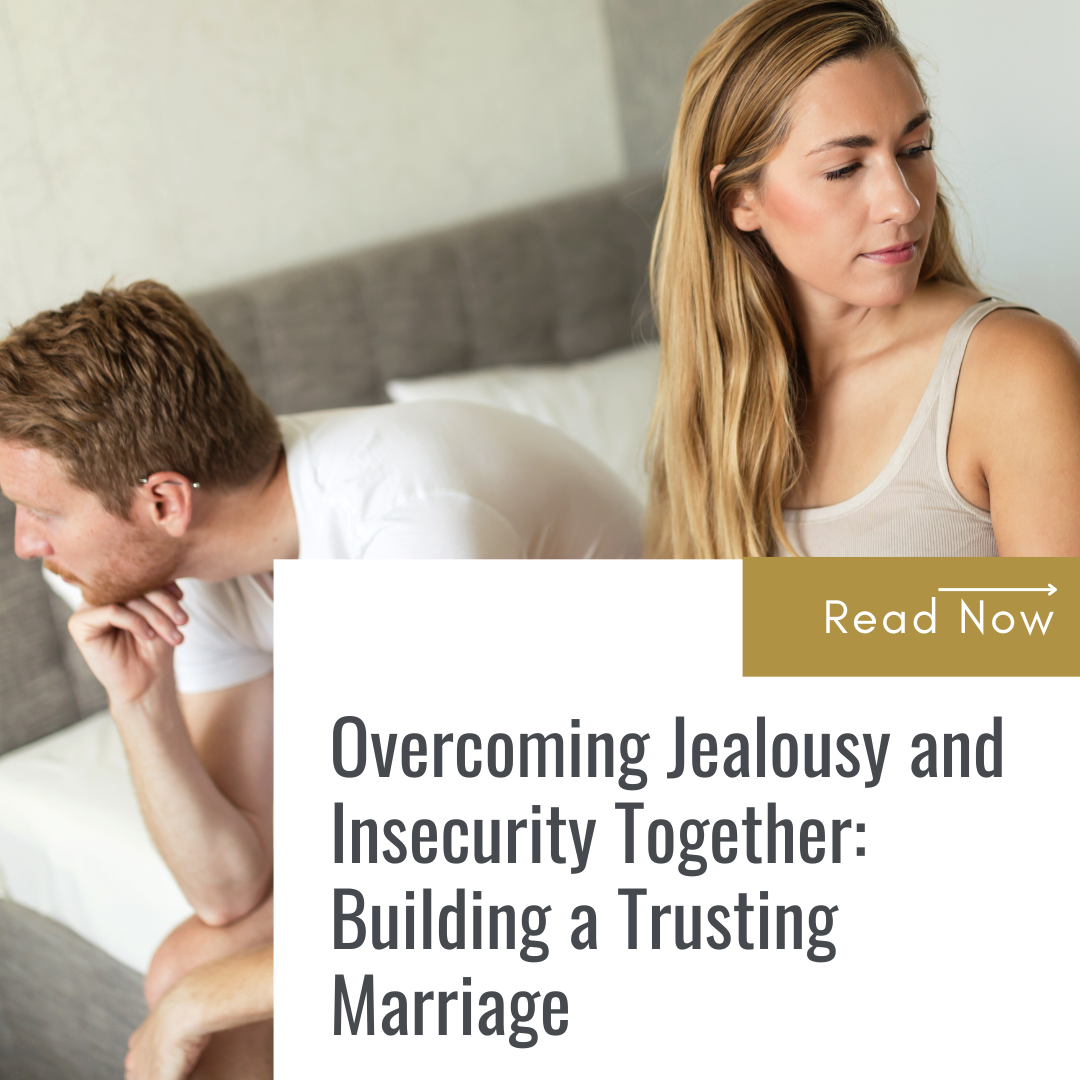


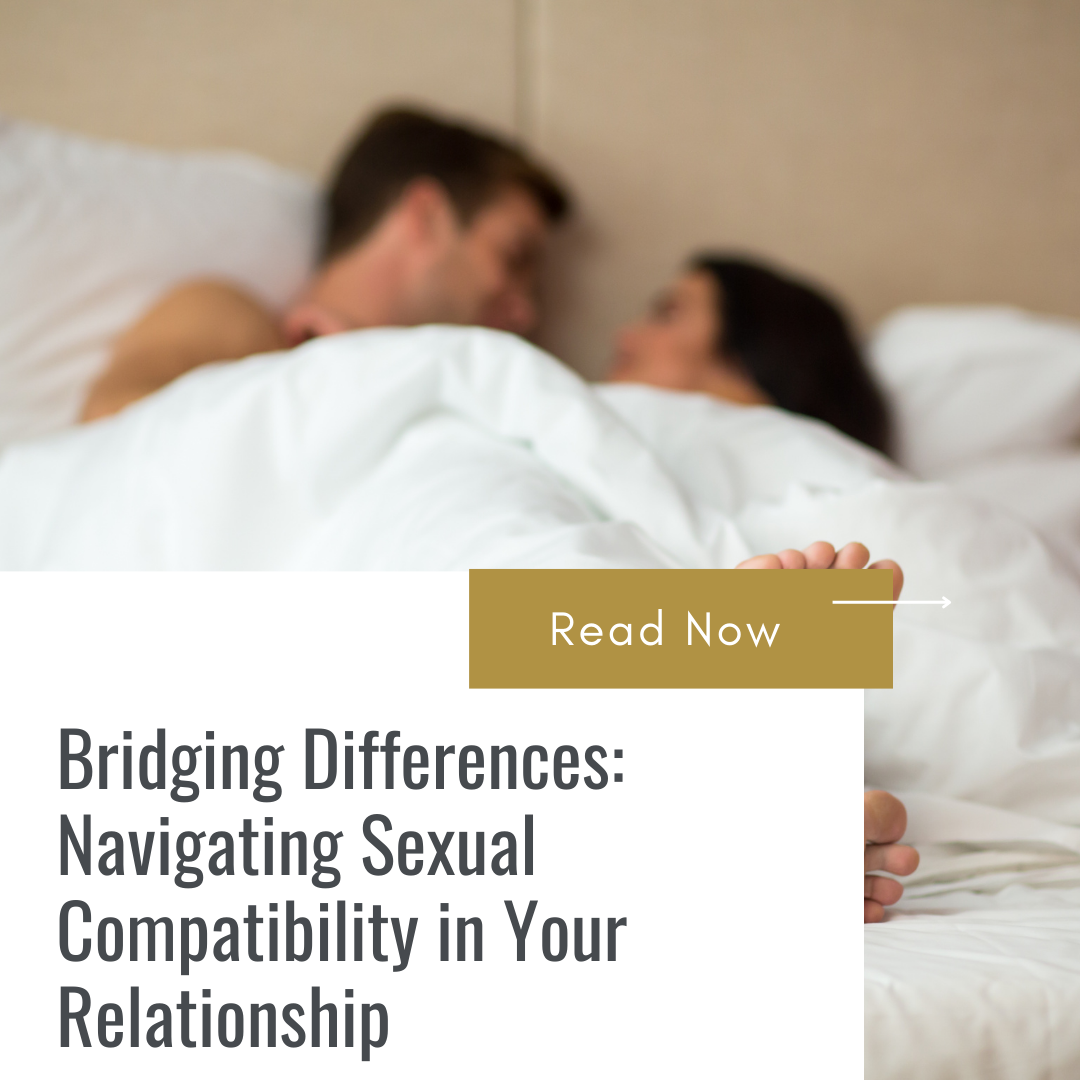


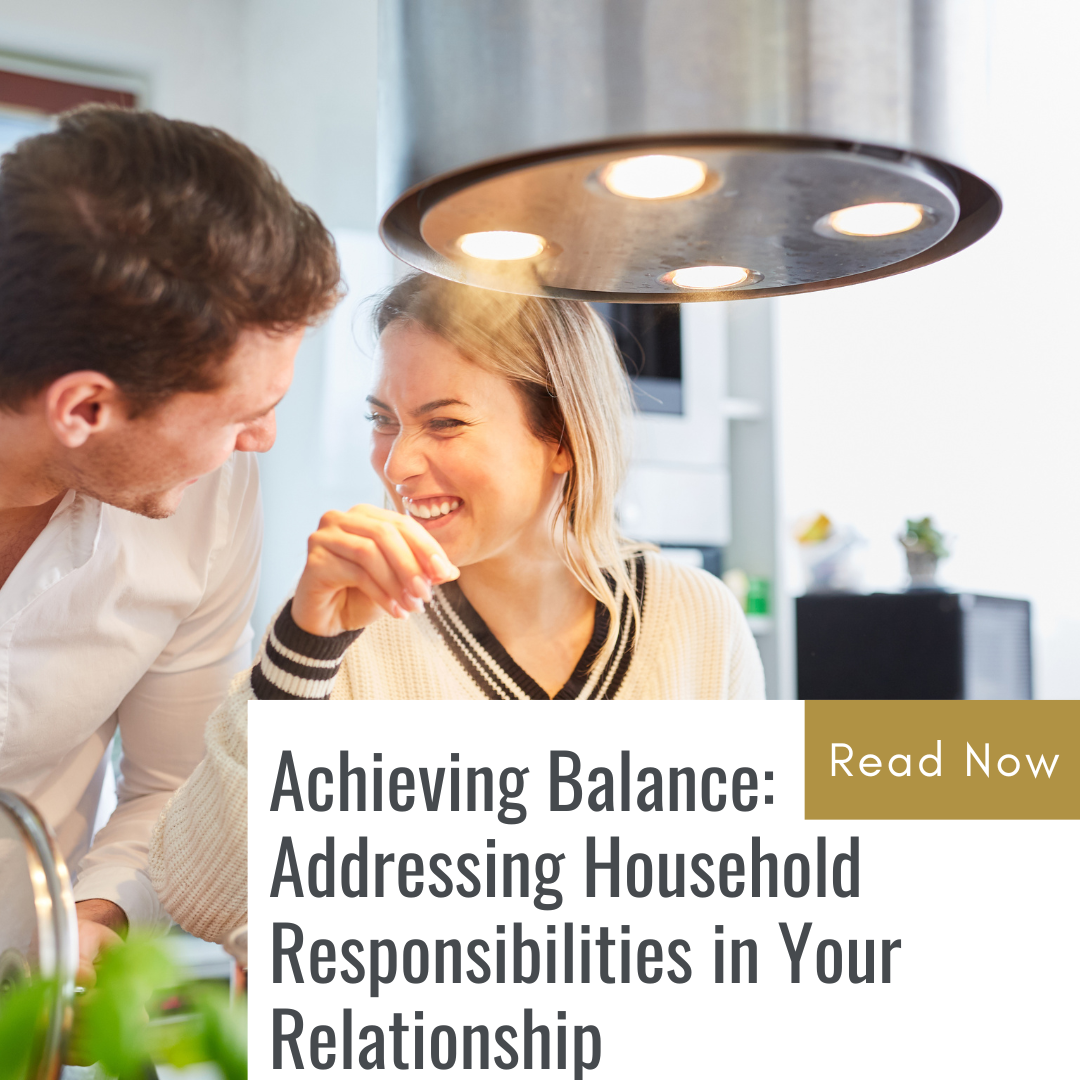
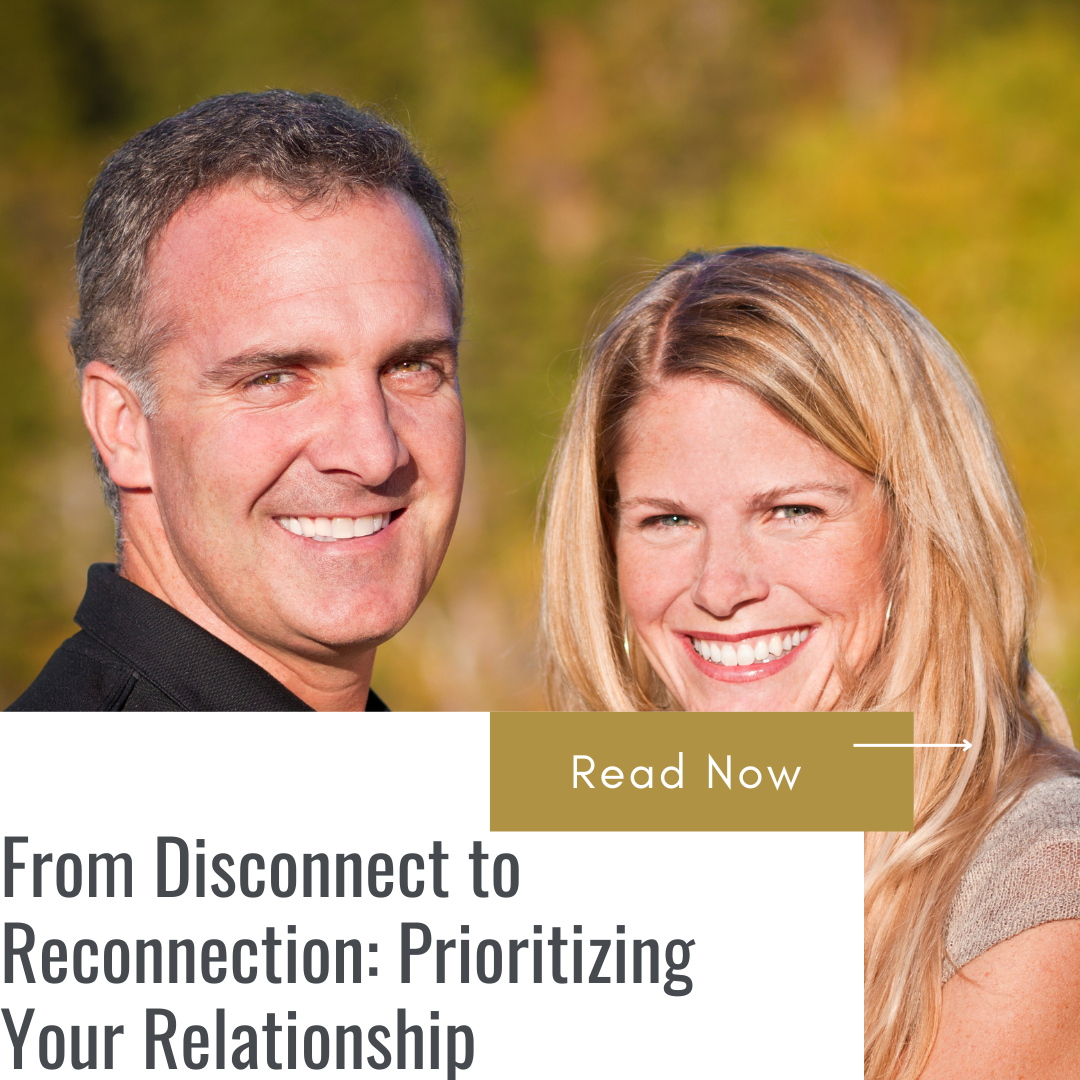
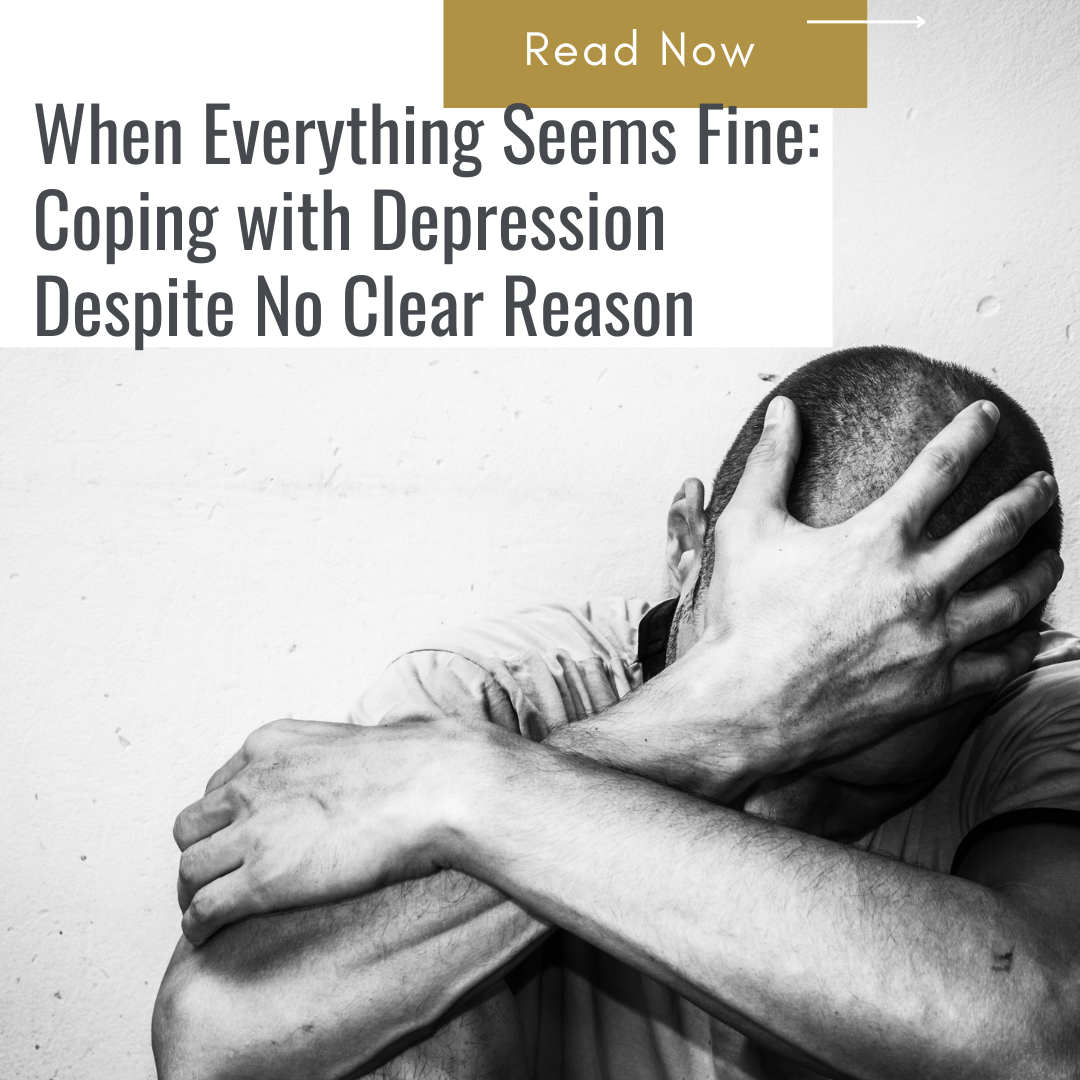

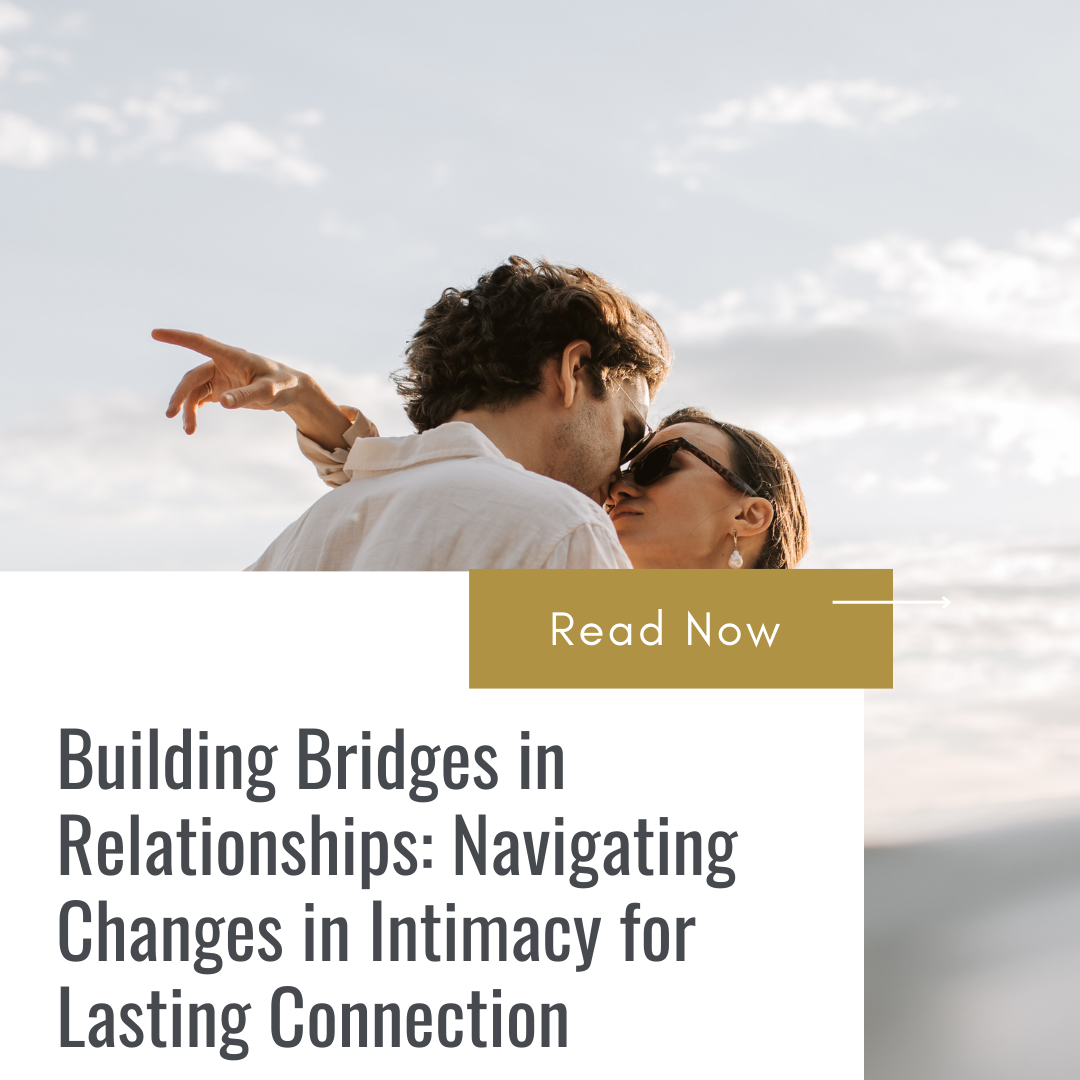

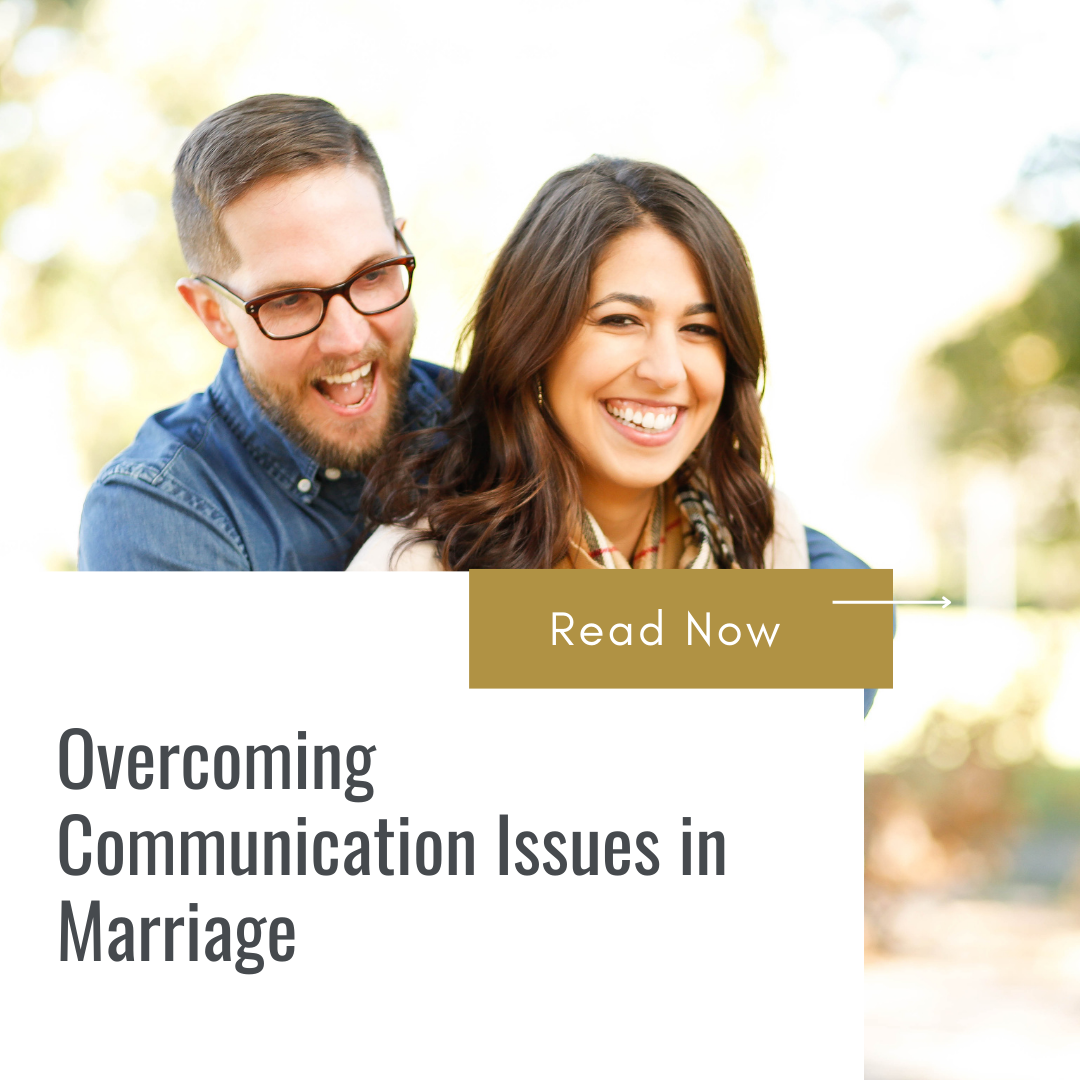
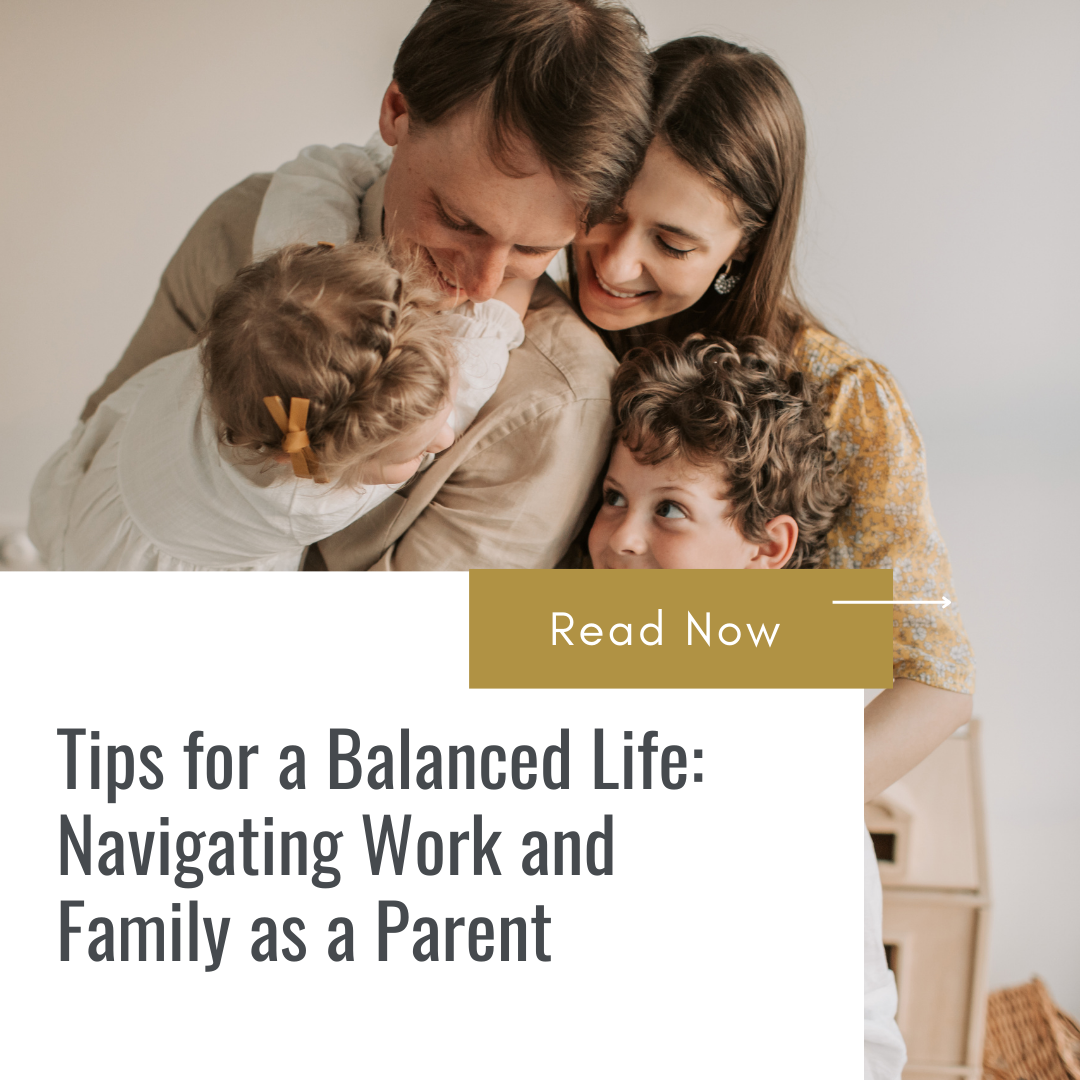
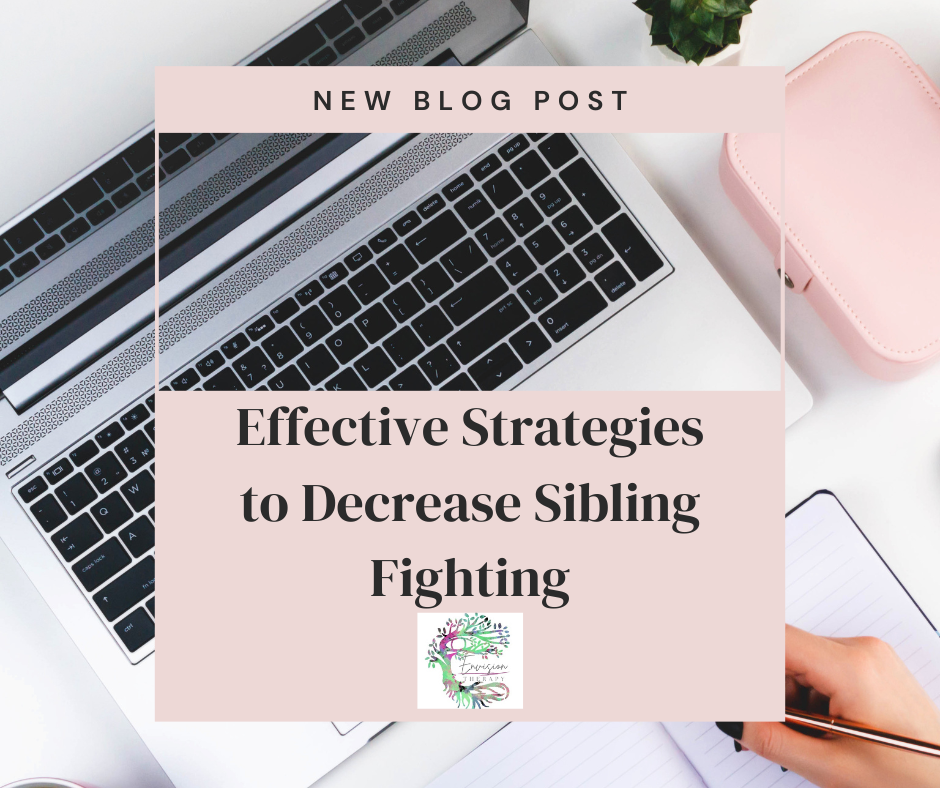
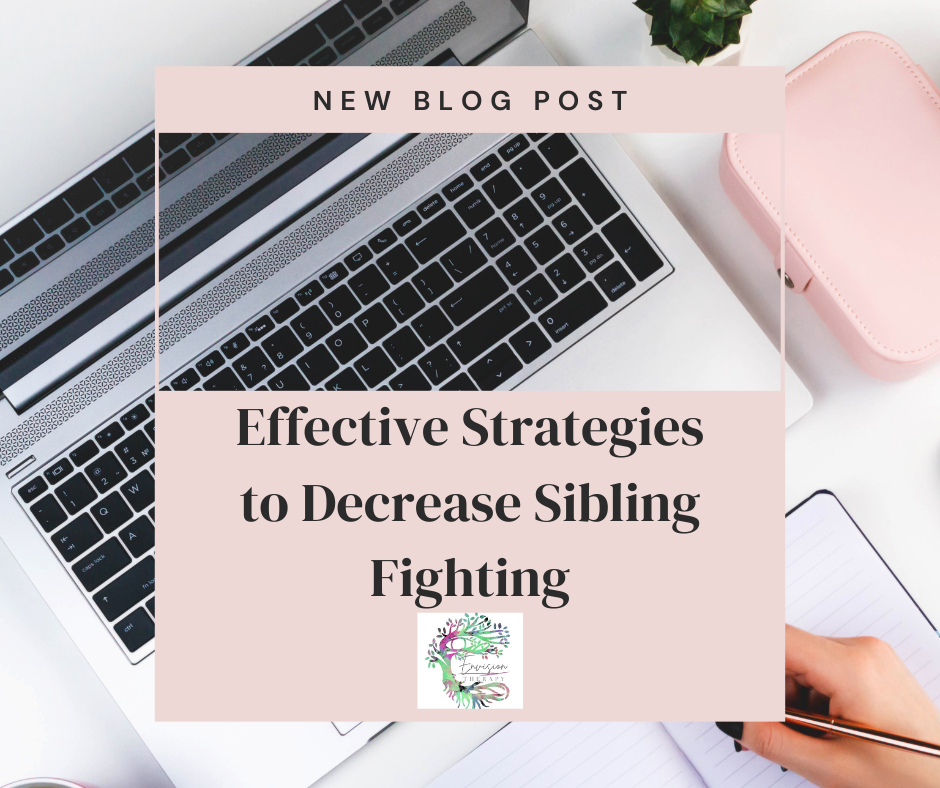
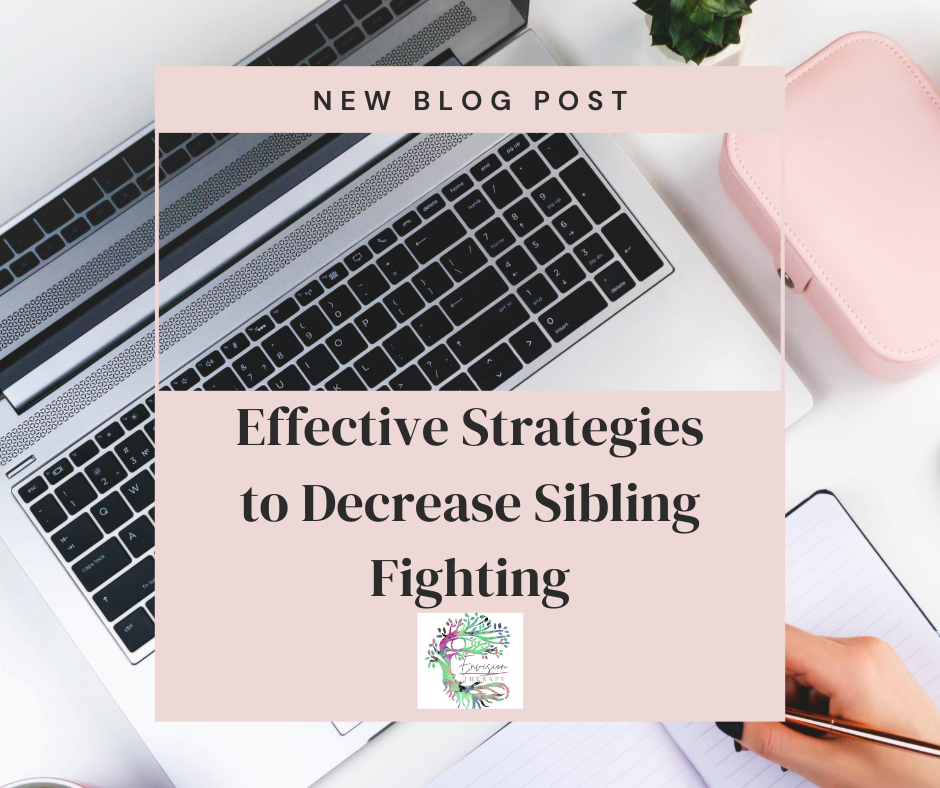
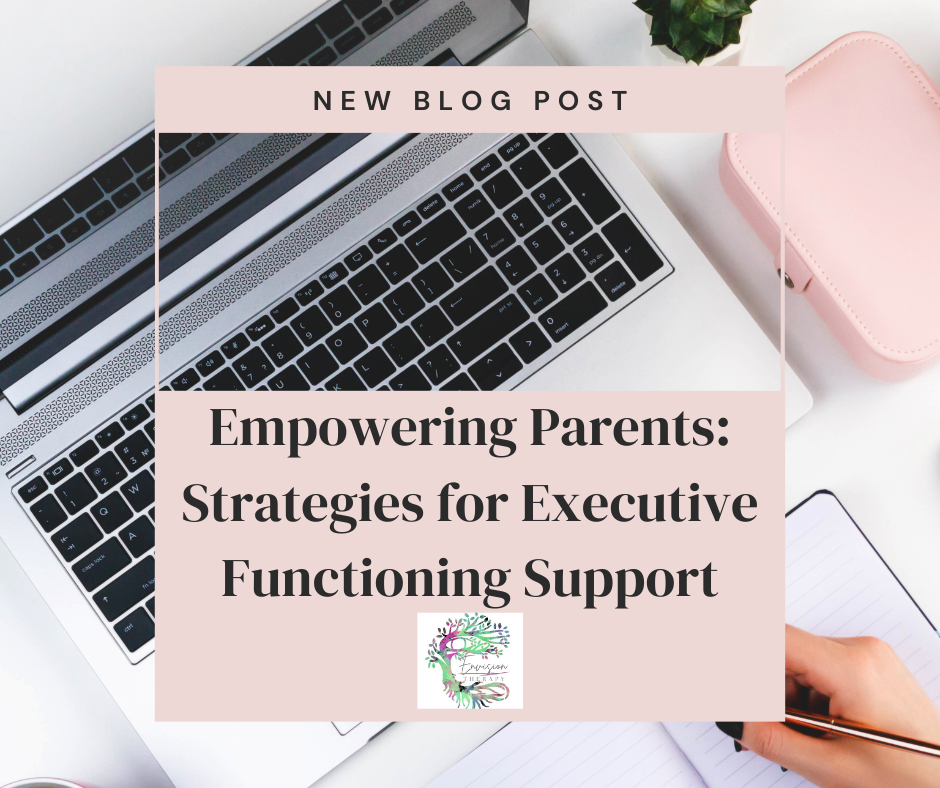
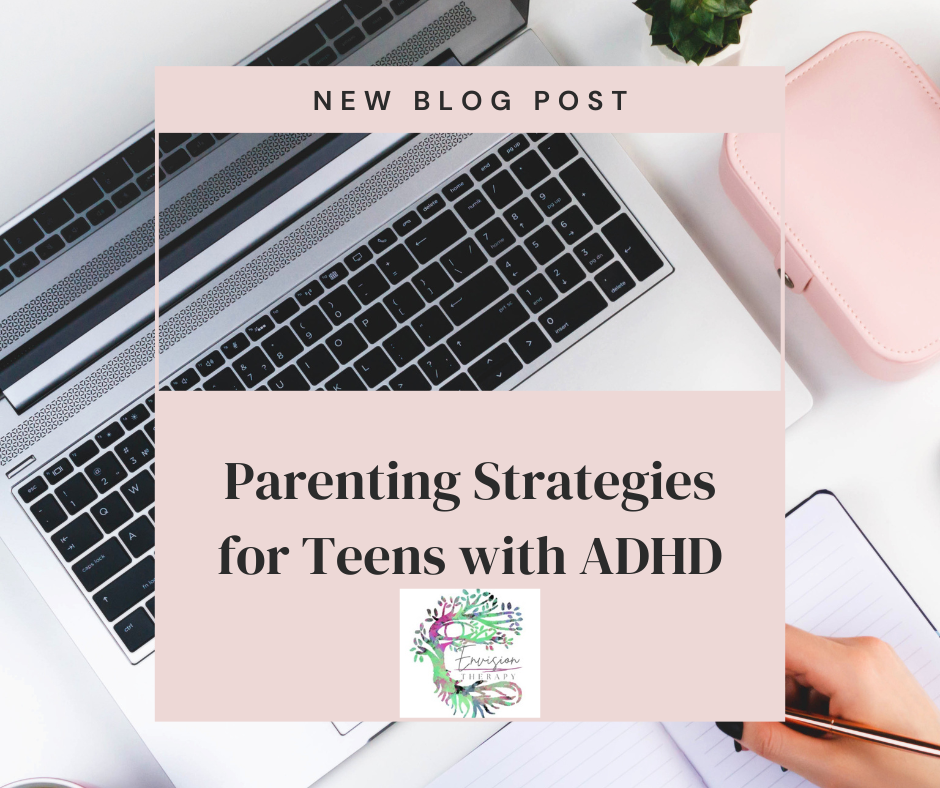
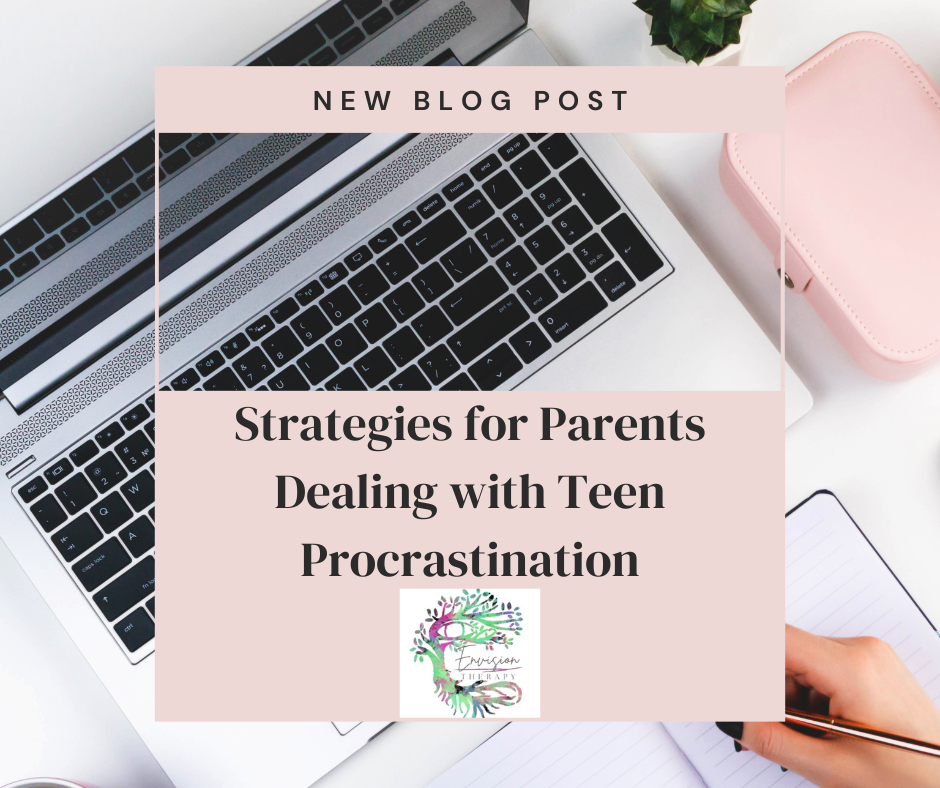
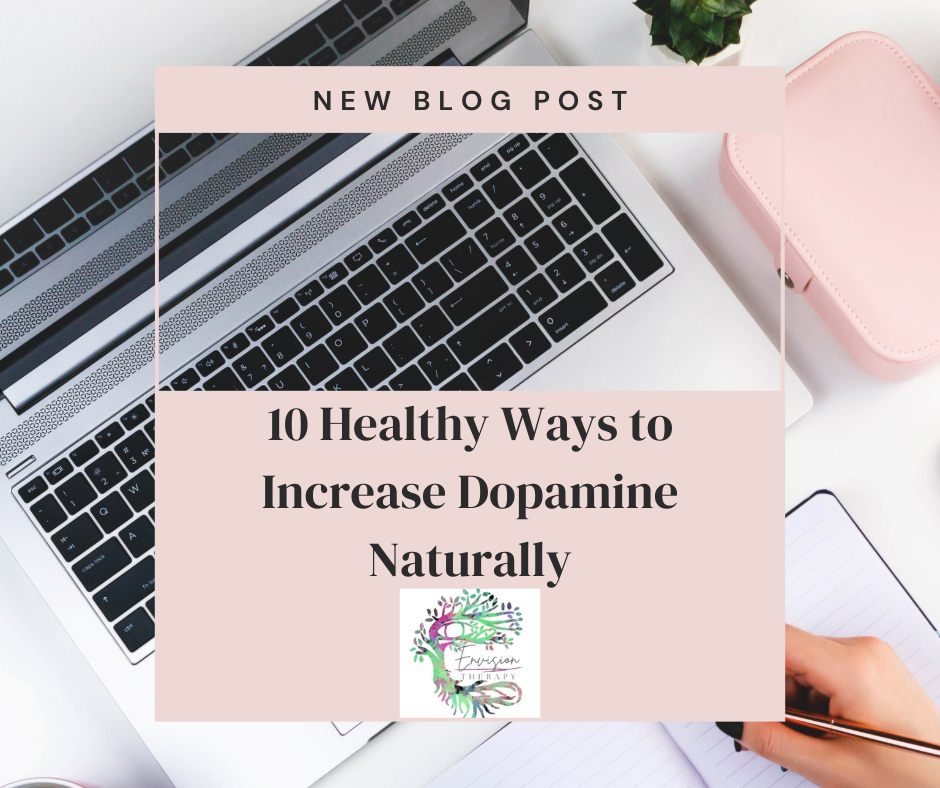
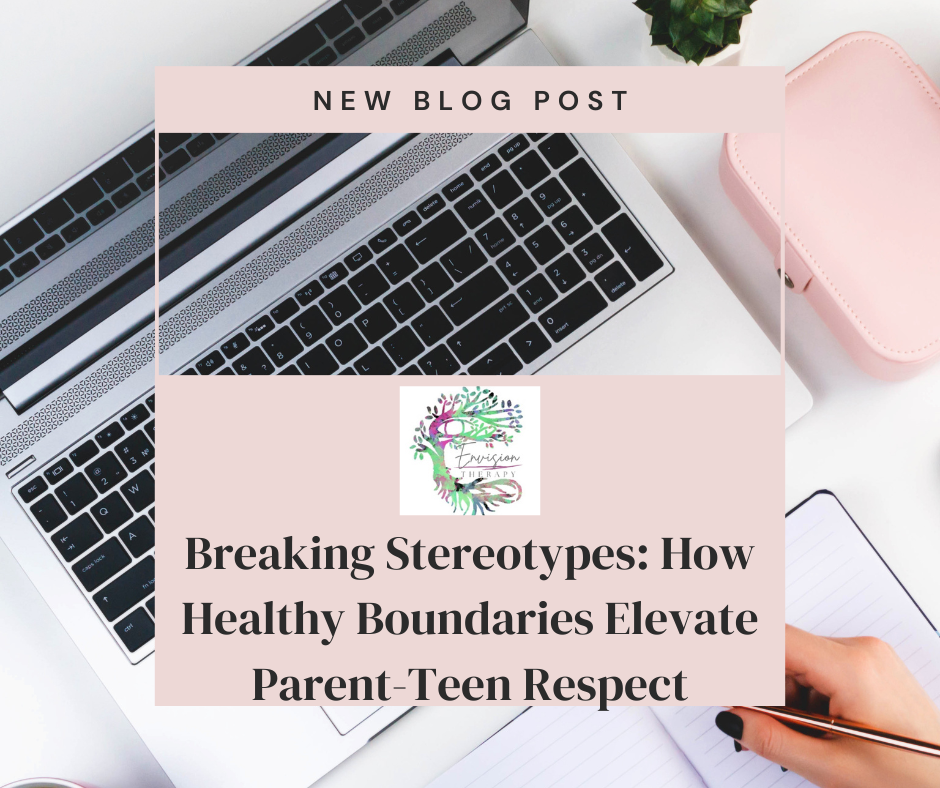
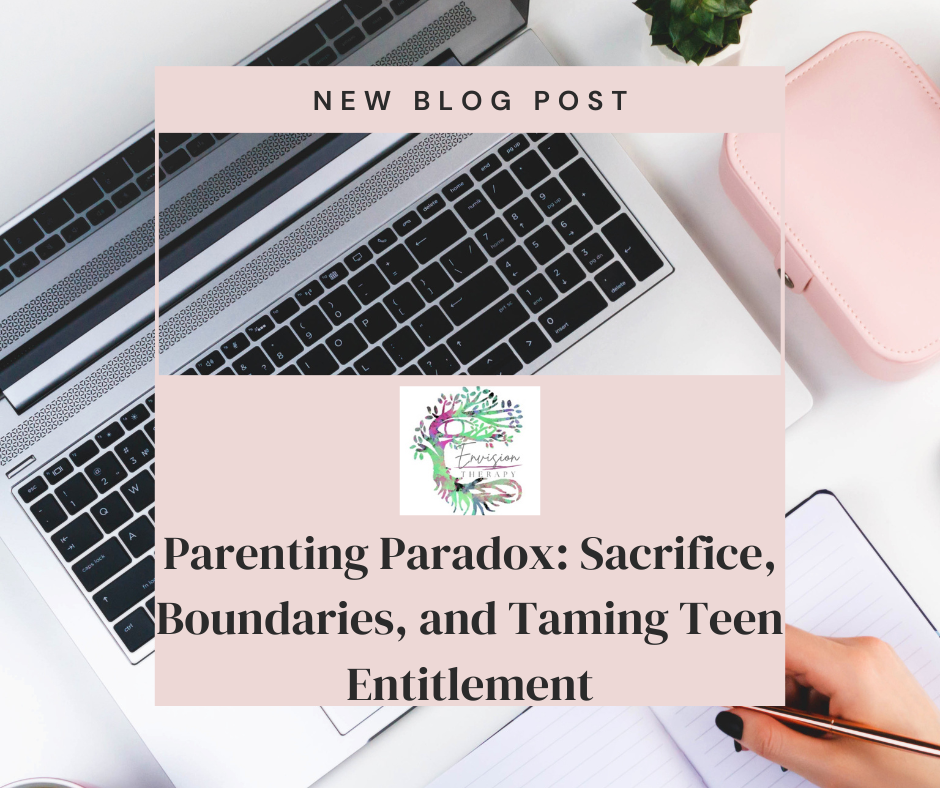


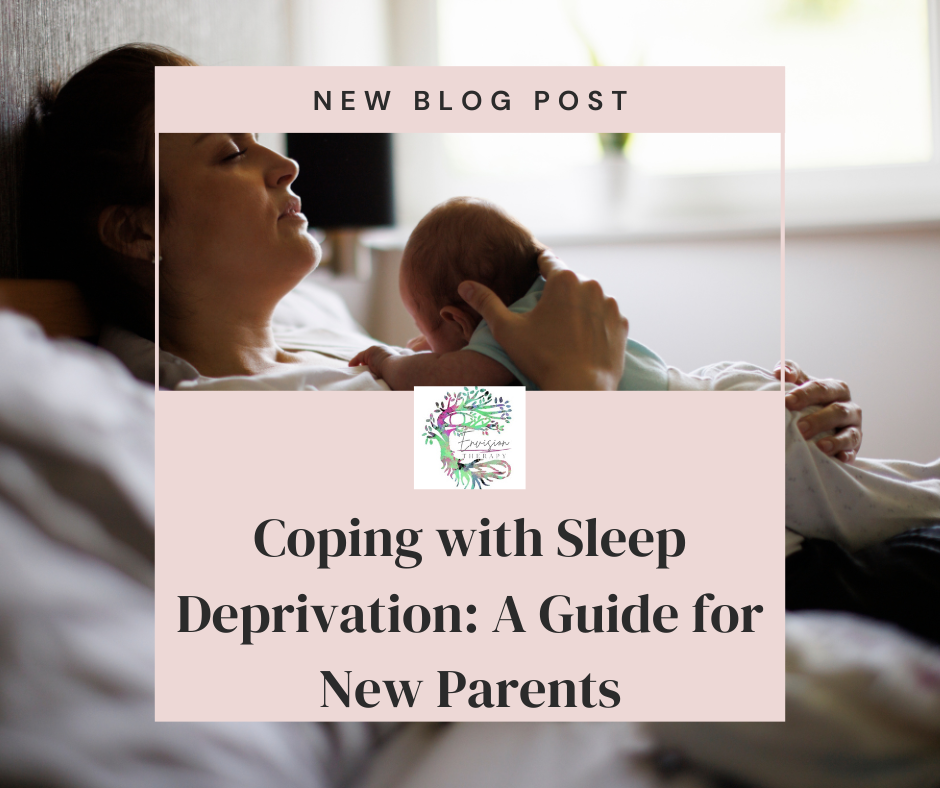
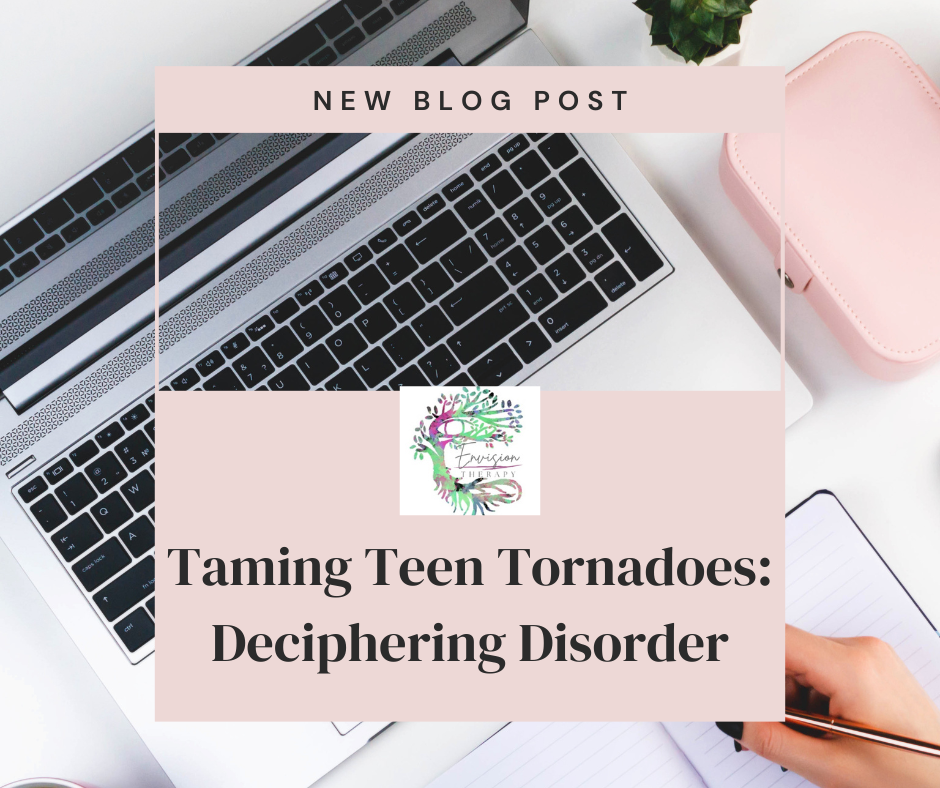
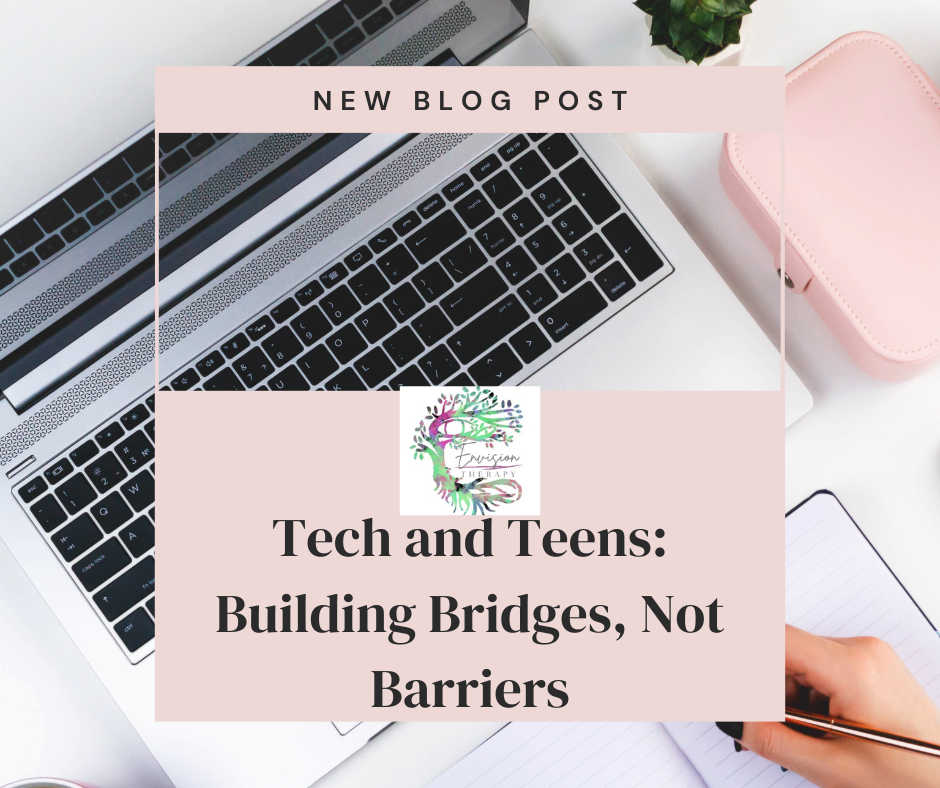
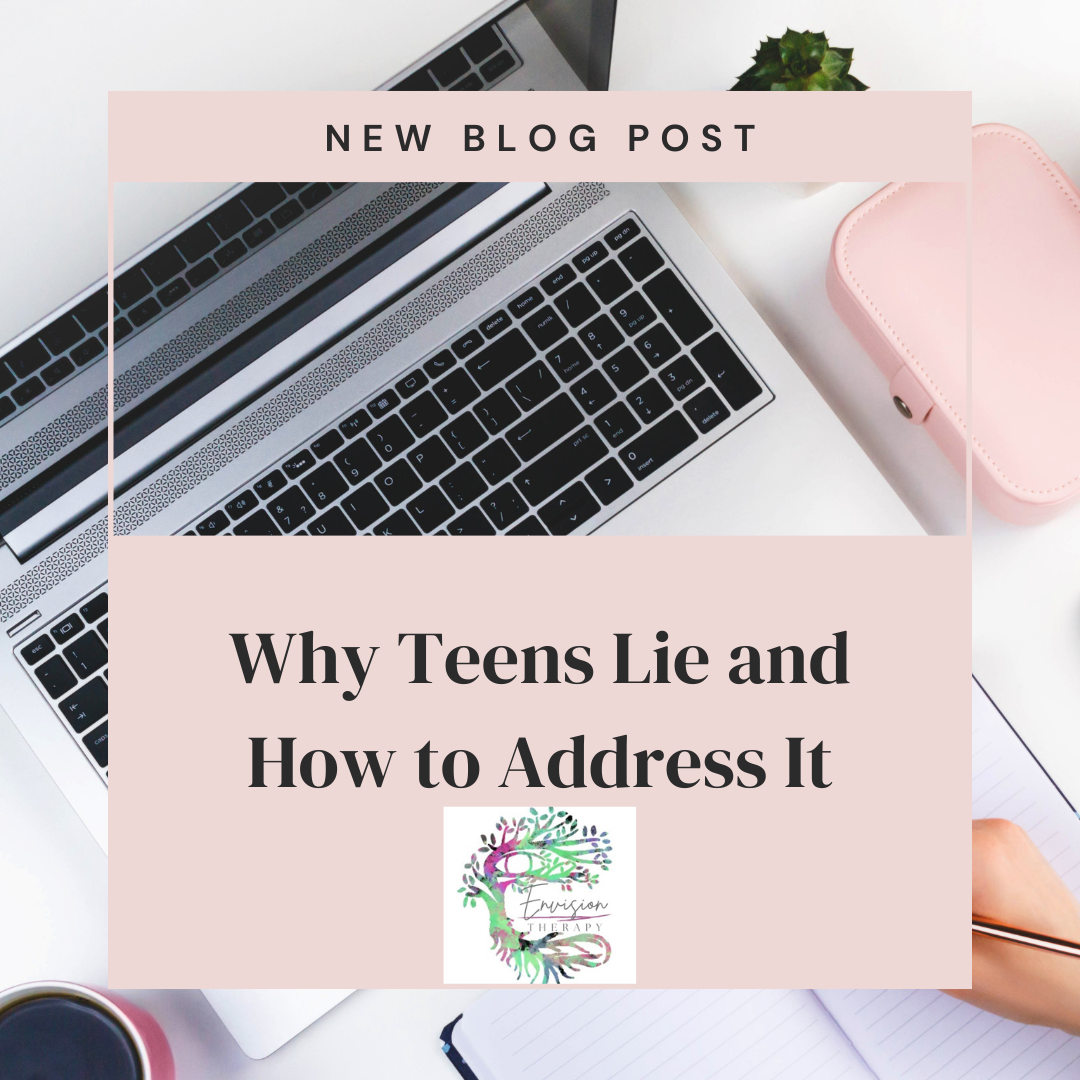

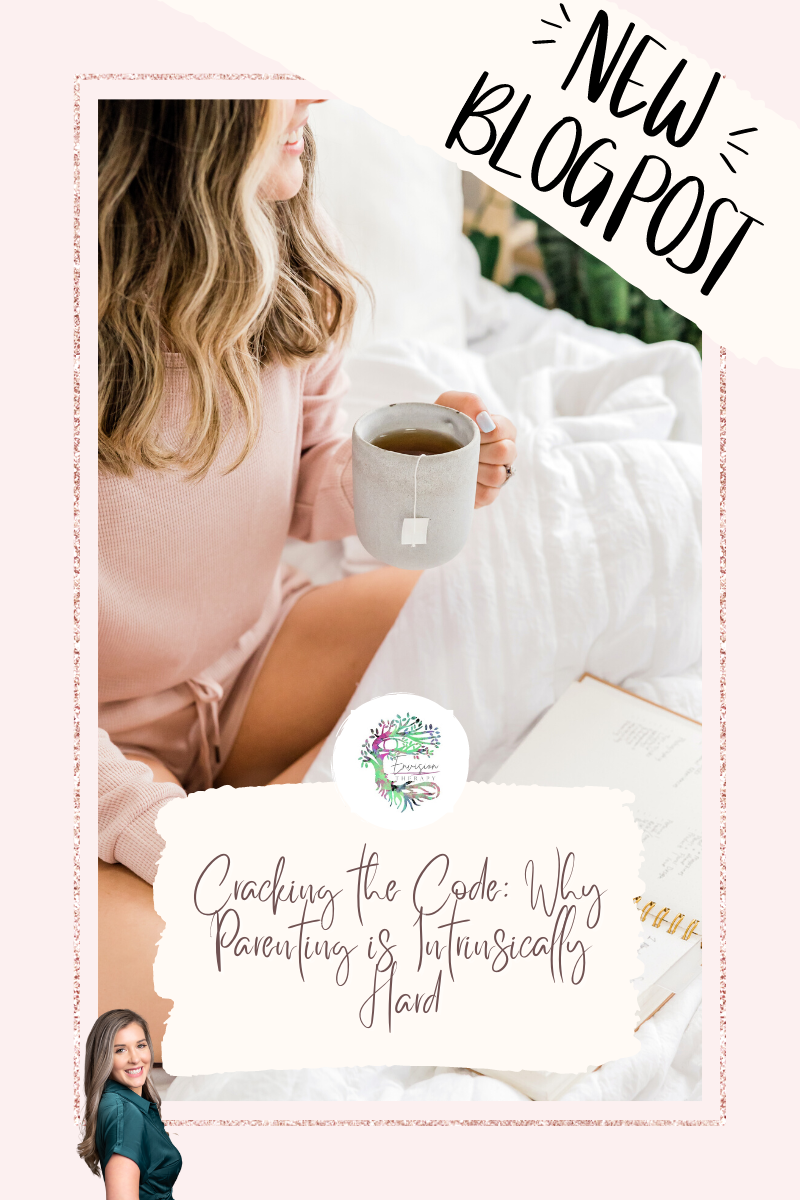


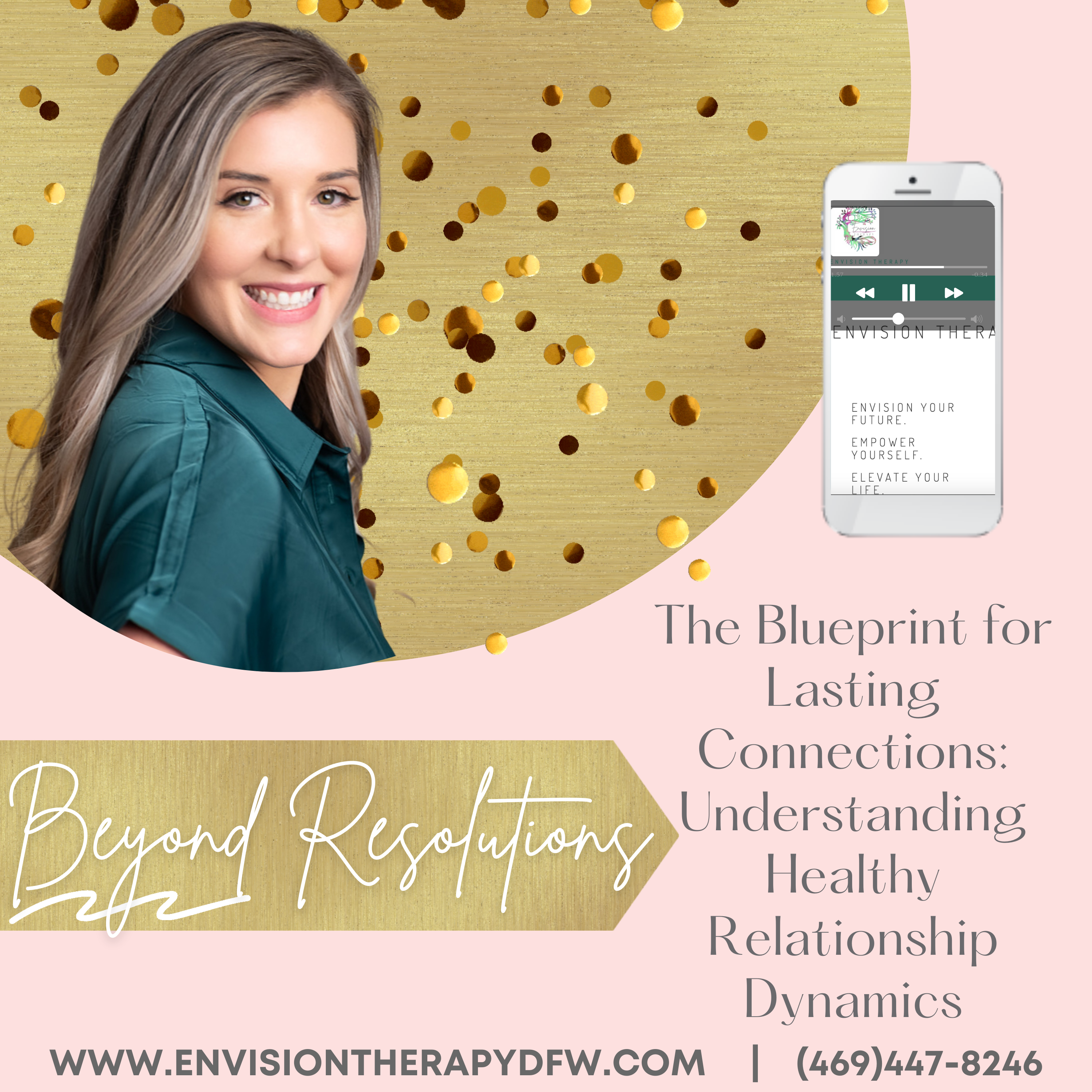
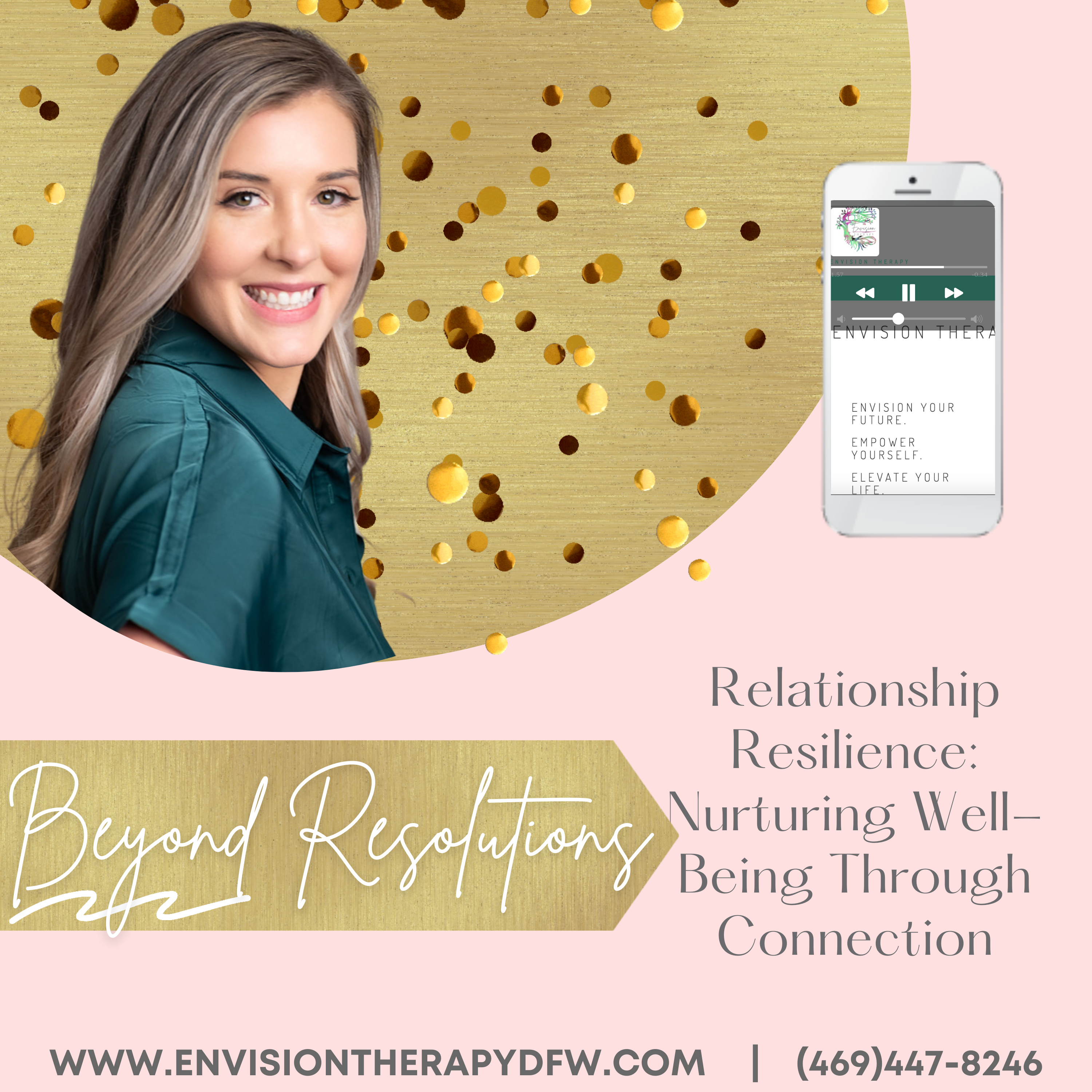
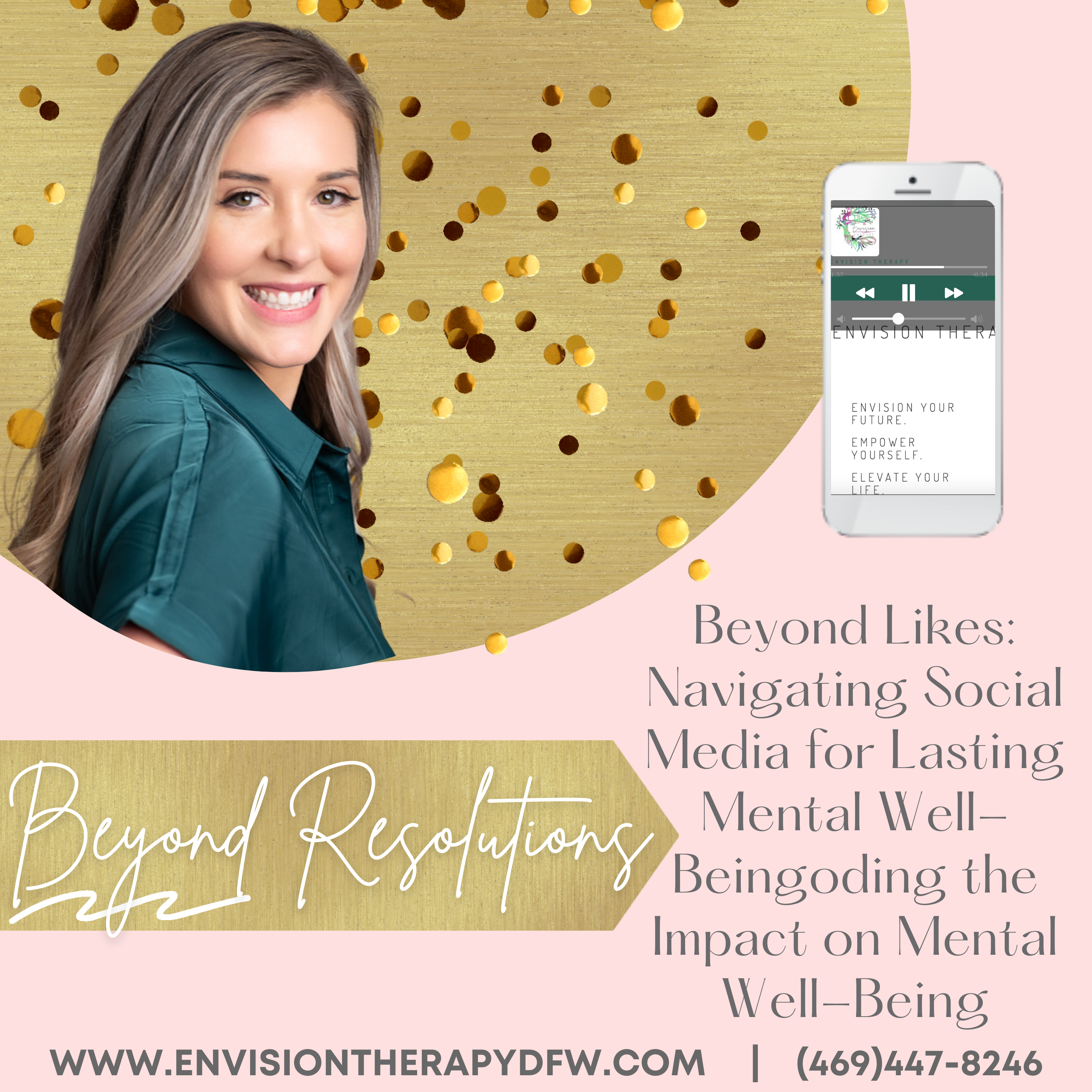
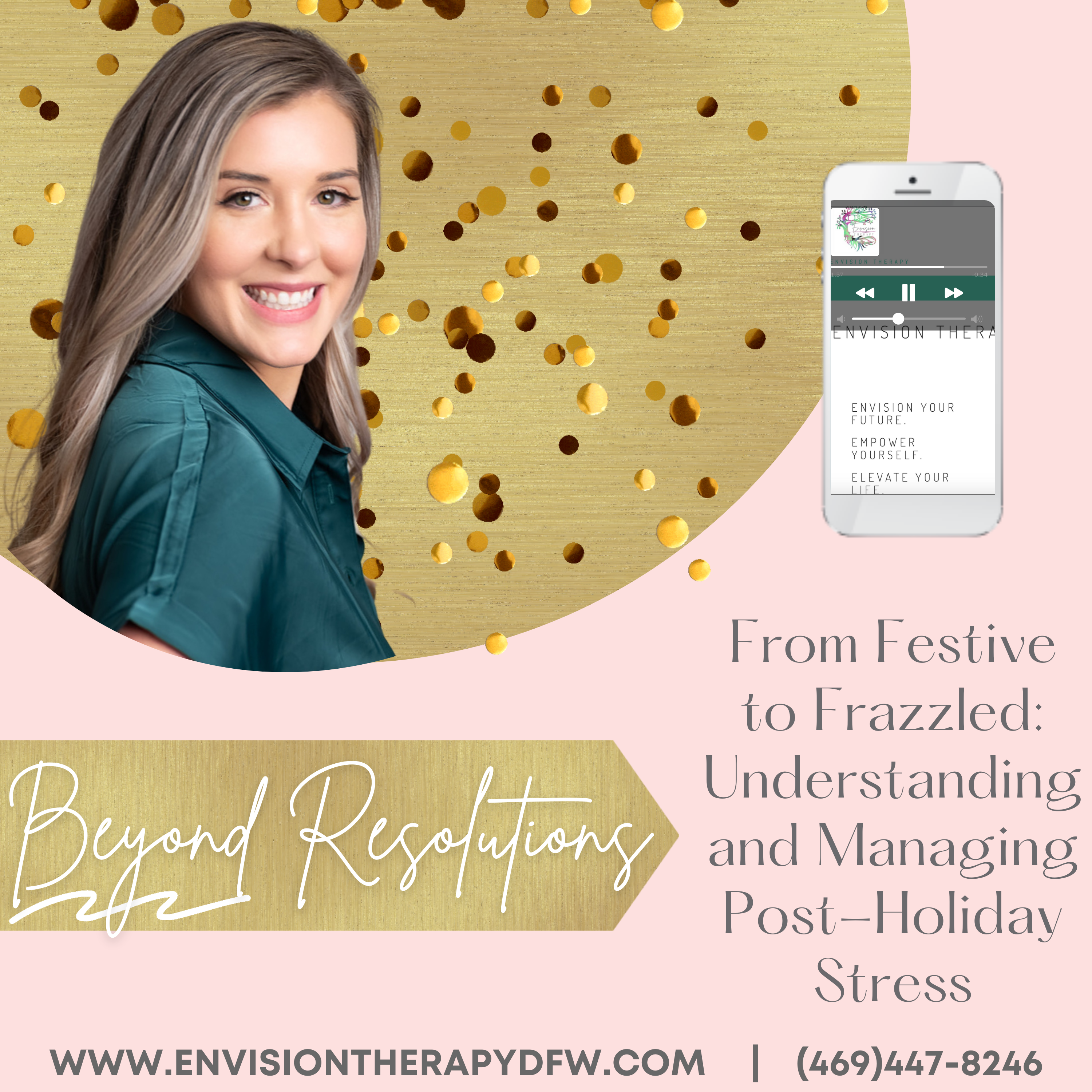
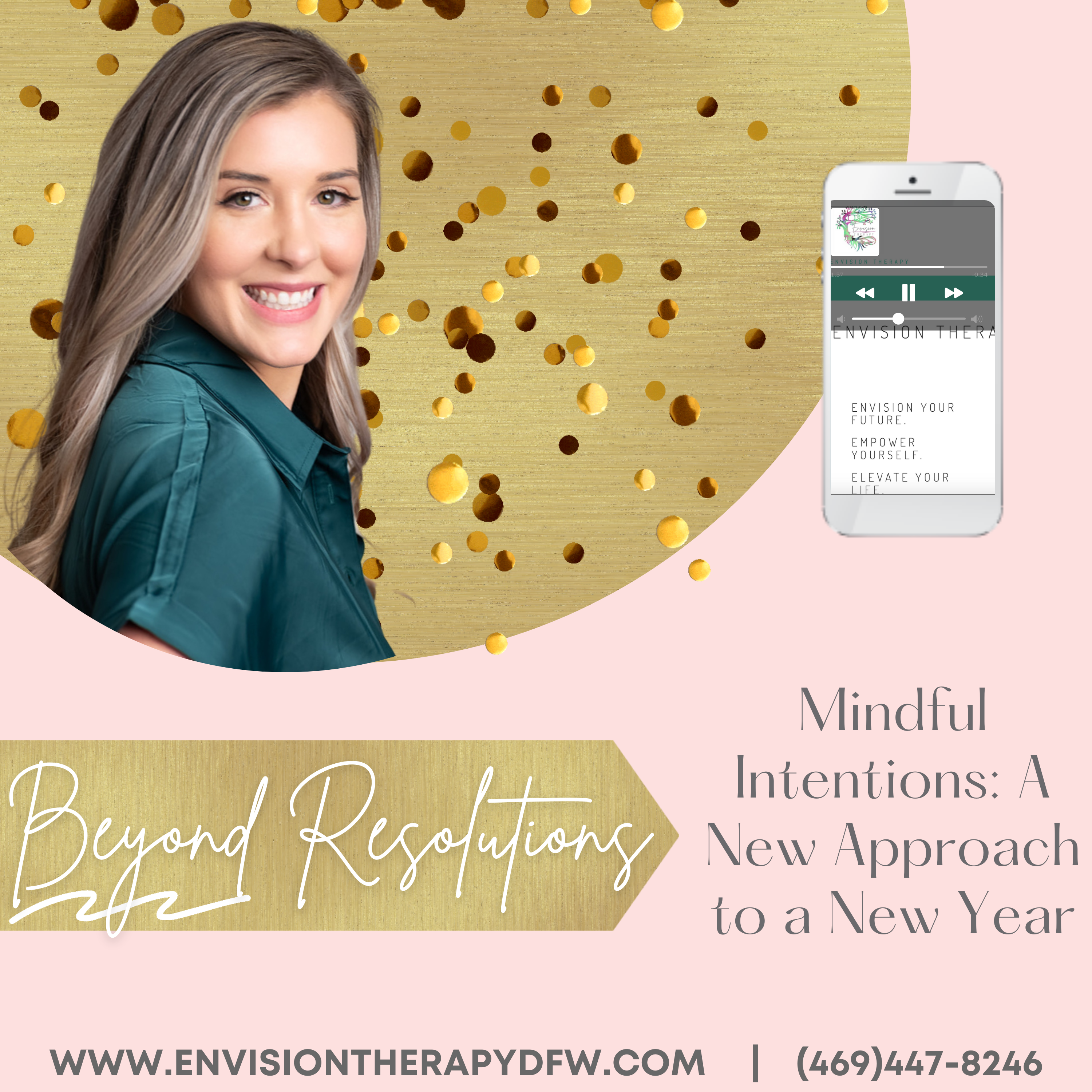
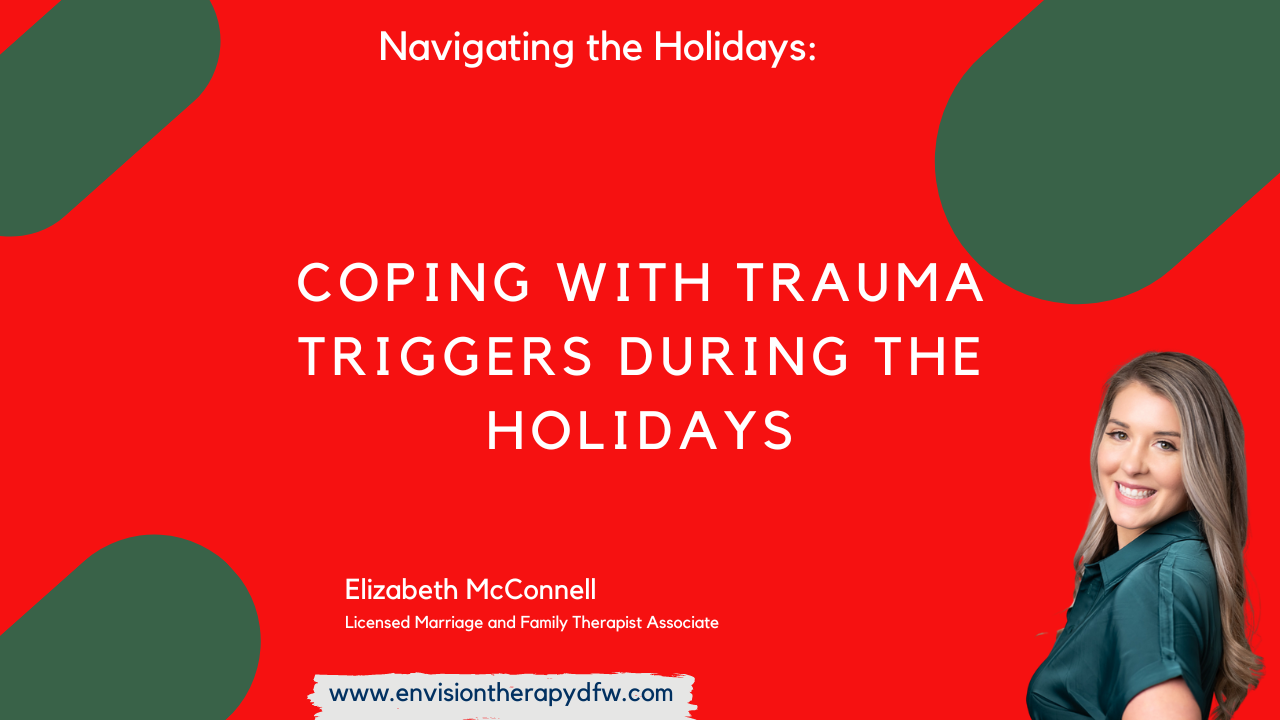
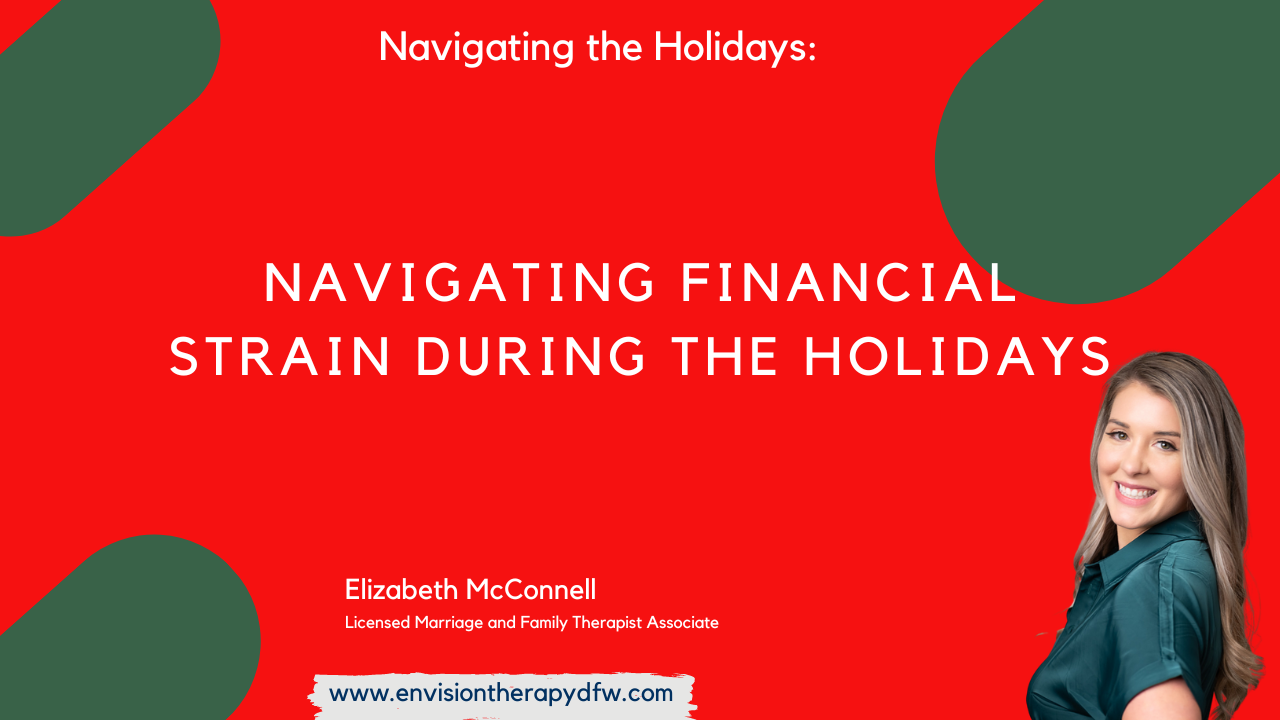
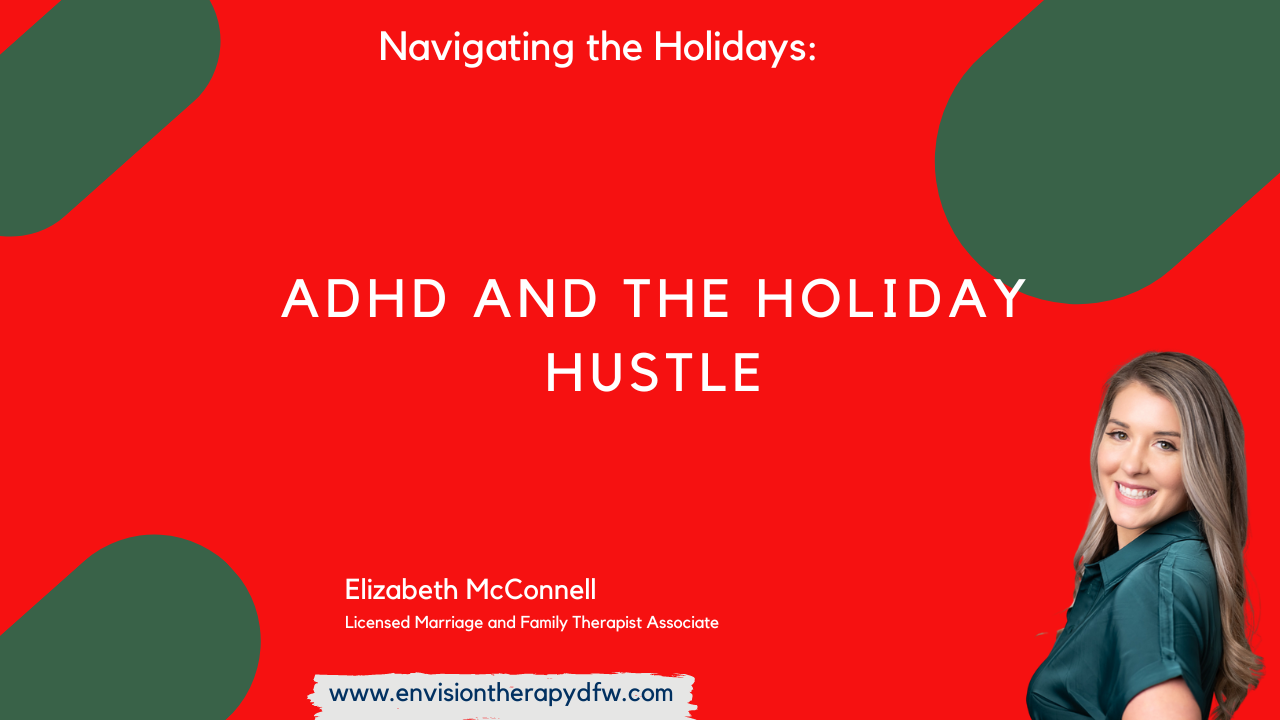
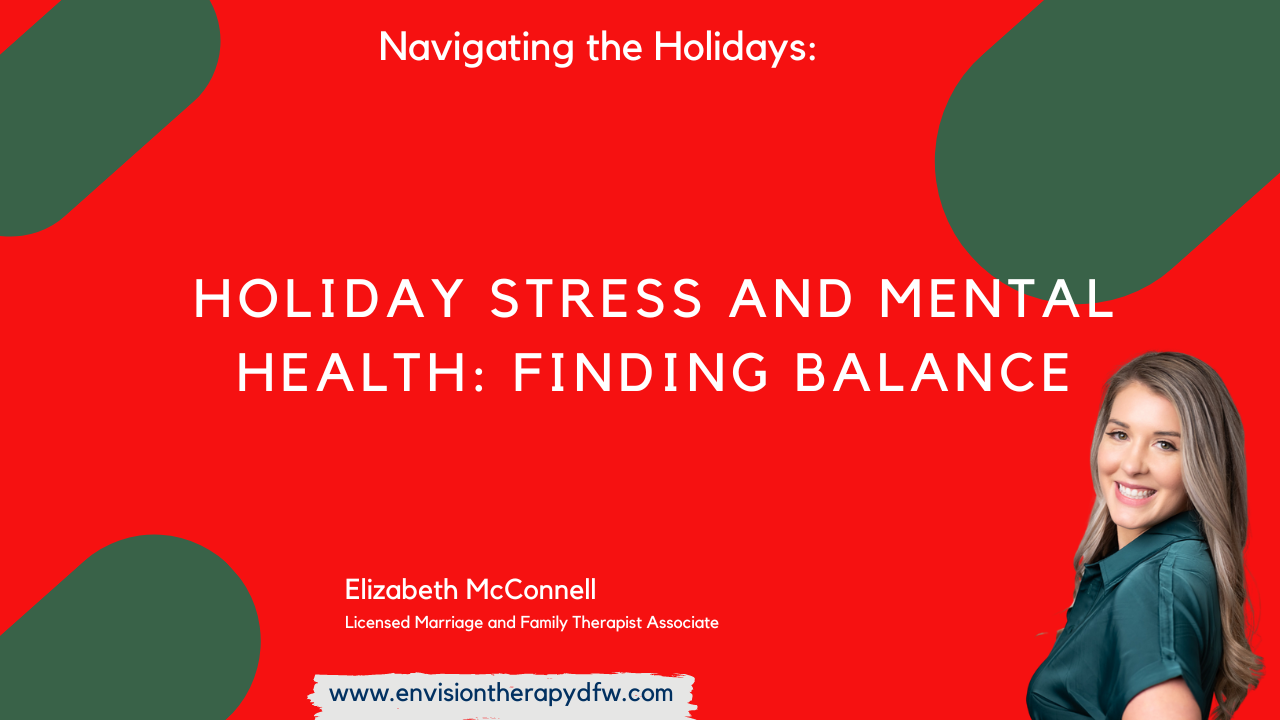
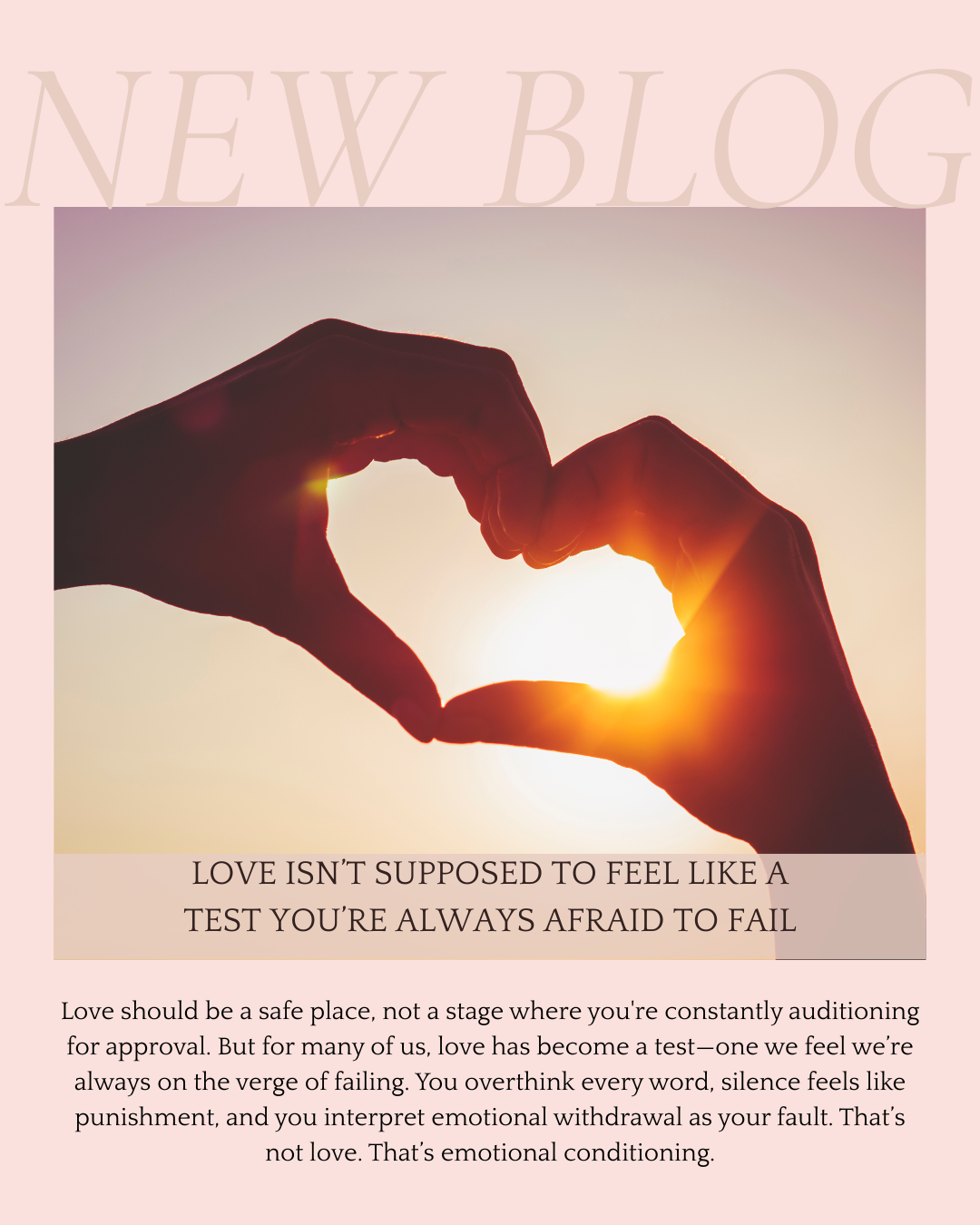
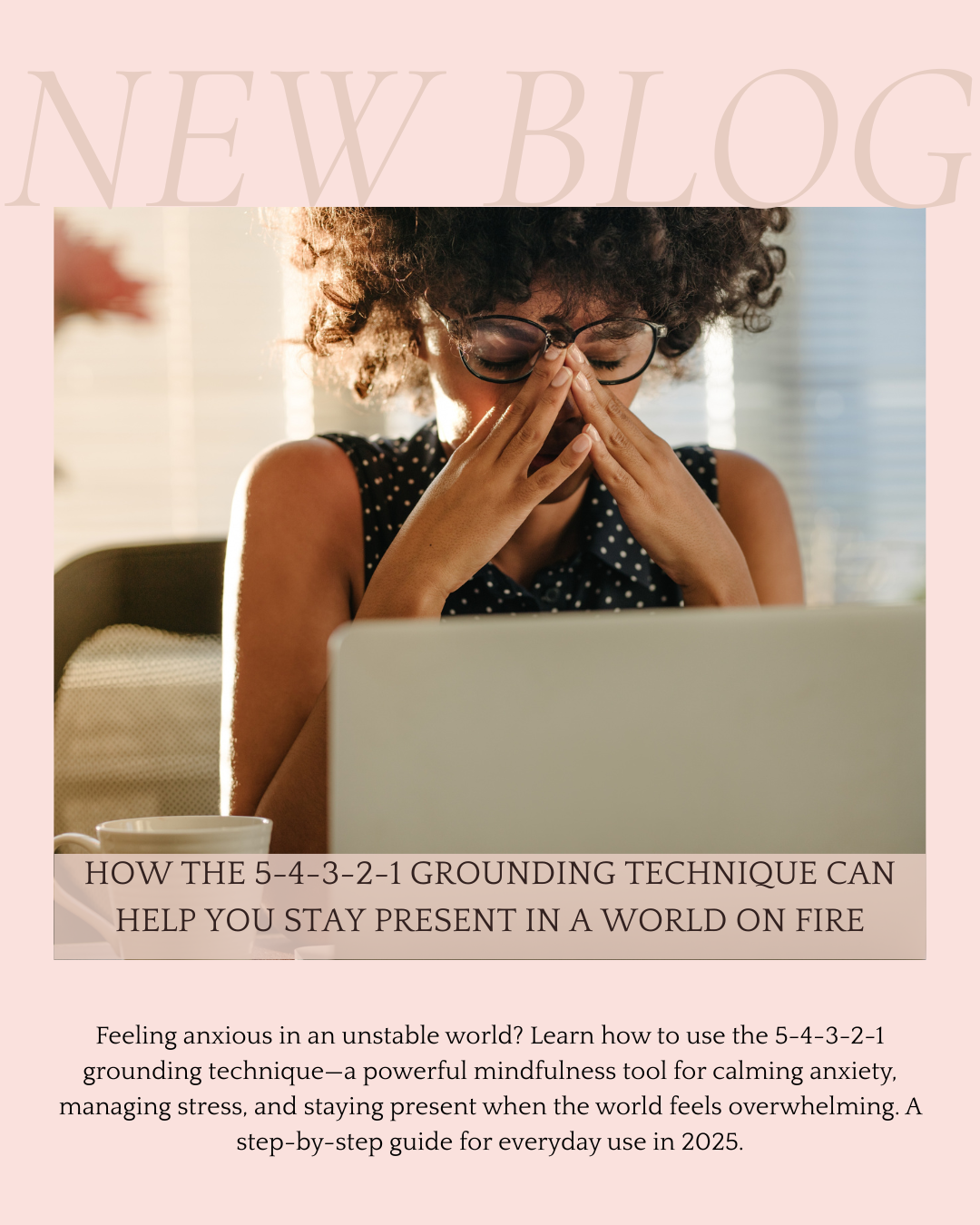
Leave a Reply